Year 5 PSHE - Life Education Workshop about Friendship
Friendships and Feelings: Year 5 Life Education Workshop Before the half-term holiday, Year 5 received a very special visit from Steven at Coram Life Education for an insightful workshop focused on friendship and emotional health. Our pupils dived deep into how the different parts of our brains can affect our daily behaviour. They also explored the vital differences between being passive, aggressive, or assertive when communicating with others. Through interactive activities, the children practiced new strategies for resolving conflicts and building stronger, more positive friendships. It was a fantastic session that left everyone feeling empowered to navigate their relationships with confidence and kindness!
Year 1 PSHE This is my Place
Our Year One children have been exploring the concept of belonging this week for Children’s Mental Health Week. By creating their own personal maps, they have been identifying the places where they feel safest, happiest, and most at home. At Darwen St James’, we believe that nurturing a sense of belonging is the first step toward helping every child flourish. When children know they have a place where they truly fit in, they have the confidence to grow and the ambition to reach their full potential. #DarwenStJames #ChildrensMentalHealthWeek #ThisIsMyPlace #Belonging #NurturingAmbition #YearOne
Year 2 - Bounce Back - Resilience
Ever wondered how a "Colour Monster" can help children build life-long resilience? This week, our Year 2 pupils took an exciting step in their wellbeing journey during a ‘Bounce Forward’ workshop led by James from Mind Lancashire. After diving into the story of The Colour Monster to identify and untangle different emotions, the children shared their favourite ways to stay calm and regulated. To celebrate their new skills, everyone got creative by decorating "Crowns of Calm", serving as a colourful reminder that they have the tools to bounce back from any challenge!
Pre-School-Trip-Temple Of Fun
What a blast! Last week, Nursery and Pre-school took their festive trip to the Temple of Fun, and the children absolutely loved exploring the play centre! They were little adventurers, climbing and crawling their way through the equipment and really putting those gross motor skills to the test. It was great to see them tackle every challenge with confidence, demonstrating a brilliant growth mindset. A huge success and fantastic fun for all our little explorers!
Online Safety - Tracking Devices
Tracking devices were designed to help people find lost belongings, but they’ve also opened the door to worrying forms of misuse. This week’s #WakeUpWednesday explores how Bluetooth trackers like AirTags and SmartTags can be misused for stalking, bullying and invading young people’s privacy. Download your FREE copy here >> https://vist.ly/4f4u2
Year 5 PSHE - The Compassion Workshop
This week, Year 5 welcomed Tom from Everfi for a special workshop focused on compassion and kindness. As "Be Kind" is one of our key school rules, students could contribute knowledgeably to discussions about practical ways to demonstrate kindness toward others. We completed the interactive workshop online, culminating in an assessment where successful completion earned the children a well-deserved certificate!
Online Safety - Fortnite
Fortnite continues to reign supreme in the gaming world, drawing in millions of players with its bold graphics, fast-paced action and constant stream of new content. This guide looks at the latest developments in the game – such as themed updates, crossover characters and limited-edition cosmetics – and what they mean for young players and the adults who support them. It also unpacks some of the key online safety risks associated with Fortnite. With in-game purchases, cross-platform communication and regular seasonal updates creating an ‘always on’ experience, it’s vital that trusted adults understand how to help children and young people enjoy the game without being exposed to unnecessary risks.
Online Safety - Memes
They’re everywhere online, but do you really know what memes are saying? ???? This week’s #WakeUpWednesday guide explores the role of memes in youth culture - and why they’re not always as harmless as they seem. From hidden messages to misinformation, we break it down ???????? Plus, we share four simple ways parents and educators can guide young people to engage more safely with memes - encouraging empathy, critical thinking and healthier digital habits ????????
Mental Health and Wellbeing - Recognising and Managing Stress
Stress is something we all experience – but for children and young people, it can feel especially overwhelming. This guide presents 10 simple, actionable strategies to help young people manage stress in a healthy and balanced manner. Whether it’s noticing early signs, encouraging open conversations, or modelling calm responses, there are plenty of ideas here to support positive change. Perfect for both school and home settings, the guide equips adults to identify subtle signals of stress and create safe spaces for pupils to open up. It also suggests mindful habits and healthy routines that can become part of daily life, promoting long-term emotional strength and mental wellbeing.
Year 2 Beach Trip
What a fantastic beach trip our children had! The collage captures their joy as they played in the sand, built sandcastles, relaxed by the water, and explored the seaside. We had an amazing trip together, the children had delicious ice cream, played with bubbles and created amazing memories.
Year 5 - Beach Pebbles to Remember Mrs Davis
During our recent beach trip to St. Anne's, each Year 5 student collected a unique pebble as a heartfelt memento for Mrs. Davis, who we sadly lost this year. As she would have joined us on this outing, we felt it fitting to bring a piece of the beach to her remembrance tree. The children then painted thoughtful and personal designs on their pebbles, before gently and respectfully placing them around the tree, creating a beautiful and lasting tribute.
Year 6: Bowling
As a reward for all of their hard work this year, Year 6 have been bowling in Blackburn! Everyone has had a great time!
Beached Themed Reading Cafe
Wow, what an incredible day we had at our beach-themed reading café! A massive thank you to everyone who joined us and made it such a fantastic success. It was truly wonderful to see so much fun, laughter, and, most importantly, a clear passion for books filling the room!
Year 4 Bold Venture Park!
On Wednesday, Year 4 walked to Bold Venture Park and had a fantastic day!! We were very excited to set off and walk to the park, passing lots of familiar places on our way! We enjoyed looking at the statue and plinth in front of the market - we had looked at this already in an art lesson, so it was great for us all to see it in person! We had a busy, but exciting day ahead of us.
Forest School Training
Forest School learning is an inspirational and specialised approach to outdoor education that focuses on developing confidence, self-esteem, and holistic growth in learners through hands-on experiences in natural environments. This week our teachers have been on a Forest School adventure. Learning all the different skills to become Forest School leaders. Bringing back to school the philosophical understanding, practical skills, and confidence to unlock the vast educational potential of the outdoors, ultimately creating richer, more engaging, and more beneficial learning experiences for our pupils.
Online Safety -Minecraft
With its limitless opportunities for building, exploring and collaborating, Minecraft remains a global gaming phenomenon. Its broad appeal lies in how open-ended it is – but this also means it’s not without risk. From chatting with strangers on public servers to the grief of having a beloved creation destroyed, young players can face challenges if left unsupervised. Minecraft can also become a time sink for enthusiastic players, with late nights spent crafting and constructing, potentially impacting school and social lives. We’ve created this free guide to help parents and educators understand how to keep young gamers safe – from choosing age-appropriate game modes to setting boundaries around screen time and spending.
Year 2 - English - We Love to Read!
Year 2 students enjoyed dedicated "Reading for Pleasure" time. The images capture the children engrossed in a variety of books, highlighting their engagement and love for reading. Each student is absorbed in their chosen story, fostering a positive reading culture within the classroom.
Fostering a Sense of Belonging
Creating a strong sense of belonging is essential for children's emotional wellbeing and academic success. This guide explores ten simple and effective strategies, such as encouraging participation, celebrating diversity, and addressing bullying, that help schools build inclusive environments where every child feels valued and connected. We’ve created this free guide offering parents and educators effective solutions to build inclusive, nurturing environments that help children and young people feel a strong sense of belonging.
Year 6 Pre Sats Webinar
Year 6 recently benefited from an engaging online webinar hosted by Kooth, which provided them with helpful strategies to support their emotional wellbeing in the lead-up to their SATs next week. The session proved to be a valuable experience, offering reassurance and validating their feelings by highlighting that many students share similar experiences.
Reception - The Great Outdoors.
Our Reception superstars have been making the most of the beautiful outdoors today! They were captivated by water play, enthusiastically adding bubbles, and skillfully filling and emptying pots and pans. We even had some very helpful bike cleaners in action! The creativity didn't stop there! Our budding engineers were busy building magnificent sandcastles in the sandpit, while others showed their bravery and developed their gross motor skills by climbing. What truly shone through was their wonderful social development. We saw fantastic examples of sharing toys and taking turns, building those crucial friendships and collaborative skills. Throughout all their play, their language blossomed as they communicated their ideas and needs. Even a few tumbles didn't dampen their spirits – resilience in action! Outdoor play provides such rich and varied learning opportunities for our young children, supporting their physical development, communication and language, personal, social and emotional development, and their understanding of the world. What a wonderful way to learn!
Online Safety - Making Friends Online
As technology becomes increasingly embedded in young people’s lives, it’s common for them to form friendships entirely online. These connections can provide companionship and community — but they also bring potential dangers that parents and educators need to be aware of. From online grooming and privacy breaches to exposure to upsetting content, meeting people on the internet isn’t without risk. This guide explains the possible hazards of online friendships and gives parents and educators essential advice on helping children build safe, positive relationships online.
Online Safety - Search Engines
Search engines are a routine part of everyday life, giving instant access to billions of web pages; however, this also increases the risk of children encountering harmful, untrustworthy, or illegal content. We’ve created this free guide – also available in podcast format – offering parents and educators quickfire information about the risks of search engines and practical steps that can be taken to safeguard children online.
Year 5 Peer Mediation Training
Developing empathy and problem-solving skills! Year 5 enjoyed participating in peer mediation training, fostering a positive and supportive classroom environment and helping us with conflict resolution.
Year 6 Bike Ability
Year 6 children have been on a full day Bikeability level 2 course. All the children have grown in confidence with each pedal and learnt how to read the road ahead. The children have learnt lots of skill to complete their level 2 ; Start and stop Pass stationary vehicles Understanding the road Negotiating the road Share the road with vehicles Turning left or right in to a minor road or a major road All the children did amazingly well and passed their level 2 ! Congratulations!
Online Safety - Instagram
Instagram remains a go-to app for teens, with its endless stream of photos, videos, and ‘Stories’ keeping young users constantly connected. From influencer content to live broadcasts, the platform is packed with evolving features that can feel fun and engaging – but can also raise some serious concerns around screen time, online pressures and exposure to inappropriate content. We’ve created this free guide – also available in podcast format – offering parents and educators up-to-date knowledge on the risks and safety tips for this latest version of Instagram.
The Benefits of Reading Every Day!
Reading with your child every day has a huge impact on their learning and development. It helps to build their vocabulary, improve their imagination, and develop a lifelong love of books. Just 10-15 minutes of reading each day can strengthen their confidence, comprehension skills, and ability to express themselves. Encouraging daily reading—whether it’s a bedtime story, sharing a book together, or letting them read aloud—helps to support their progress in school and beyond. Thank you for making reading a special part of their day!
Online Safety - Streamers
Livestreaming is now a major part of children’s entertainment, evolving from gamers sharing screens into a booming industry with diverse personalities. While watching streamers can be entertaining, it comes with no small number of risks for children, such as misinformation, negative influences, and inappropriate content. With over 2.5 million viewers on Twitch – the current most popular streaming platform – at any one time, this guide highlights the potential dangers associated with watching livestreams and the importance of staying informed. We’ve created this free guide – also available in podcast format – to provide parents and educators everything they need to know about streamers and how to keep children protected.
Year 6: Residential
Year 6 challenged themselves to complete the vertical challenge. They showed so much determination, and team-work!
Online Safety - Roblox
Whilst they can be a great way for friends to socialise, online games like Roblox that allow multiplayer gameplay with strangers are always fraught with a variety of dangers that can expose children to inappropriate or harmful content. Roblox enables people to play anonymously, which can often be something that attracts people to misuse the game and potentially put young people at risk of harm. In addition to interacting with random strangers across the world, other factors such as in-game purchases and potential scams can also pose a financial risk. It’s important that parents and educators remain aware of the risks associated with this popular title and how it can be used safely. This free guide – also available in podcast format – offers parents and educators expert advice on what can be done to ensure that young people have a safe and enjoyable experience with Roblox.
Walking Bus - Youth Zone
WALKING BUS - YOUTH ZONE Remember after school on a WEDNESDAY & FRIDAY we have a walking bus from school to Darwen Youth Zone. The youth zone staff will be waiting on the school path where the Juniors are released from school , they will have a list of names of the children that have signed up for this service. This service is completely FREE OF CHARGE & the children are offered a free hot meal at youth zone also. I have attached a letter for anyone who would like to sign up. After the session finishes (8:00pm) you will be required to collect your child/ren from the Youth Zone (Railway Road). Thank you
Online Safety - Marvel Rivals
Marvel Rivals is a highly popular multiplayer shooter that pits iconic superheroes against formidable villains. The game is free –to play on PC and current-generation consoles but does feature microtransactions that allow players to spend real money on cosmetic items for their characters. While Marvel Rivals has been deemed suitable for children aged 12 and over, there are several risks associated with the title that parents and educators should be aware of. This free guide offers more information on these safety concerns and lets you know how to ensure that children playing the game can have a fun and age-appropriate experience.
Online Safety - Whatsapp
According to Ofcom’s most recent Media Use and Attitudes Report, roughly 55% of 3-17-year-olds in the UK are using WhatsApp as their primary messaging service
Online Safety - Online Relationships and Dating Apps
Dating apps have grown rapidly in popularity since their introduction, transforming the way many of us meet new people and form relationships. While these platforms are typically restricted to an audience of over-18s, there are still children and young people attempting to make use of them and exposing themselves to their risks – from online harassment to outright abuse. As a parent or educator, it can be daunting to navigate this complex and ever-evolving landscape, and to know how best we can support and protect youngsters who are accessing dating apps. This guide breaks down the risks associated with these platforms and offers expert advice on how to safeguard children from such online safety concerns.
Year 2 - PSHE - Children's Mental Health Week
Whilst wearing our silly socks for Children's Mental Health week, we discussed big and small feelings, what we can do to feel better when we feel these ways, how to take care of our brain and coloured in lots of fun pictures, as this is one strategy we learnt can help us feel better!
Online Safety - Supporting Children to Develop Emotional Literacy
Anger at a toy being stolen
Wake Up Wednesday - Health and Fitness Apps
Over time, more and more fitness apps have been finding their way into circulation. Usually free to download – at least initially – these apps claim to offer helpful advice and assistance in routine management to those looking to lead a healthier lifestyle. While these platforms can be useful, they do present several safety concerns. These issues become more significant when we consider that children and young people can use these apps to stay active – whether out of concern for their own health or for reasons of body image. Our free guide breaks down the risks of health and fitness apps and offers expert advice on how to address these concerns to safeguard younger users.
Spring Clubs!
Our spring clubs are now available to book via ParentPay. They are a great way for children to learn a new skill and to socialise with others. Please log on to your ParentPay account to book, if you need any help please contact the office.
One Pot Wonders!
Restarting this MONDAY @ Church! One Pot Wonders! Come along at 4pm and help cook and EAT a free meal! By popular demand we are making corned beef hash with rice pudding to follow! (Veggie option too) Come along, have a brew, have fun and get stuck in!
Online Safety - TikTok
With 22% of its billion-strong userbase being between the ages of 13 and 17, the popularity of TikTok among the younger generation is indisputable
Online Safety - Justalk Kids
JusTalk Kids is an alternative version of the JusTalk app, aimed at an audience aged 13 and under. As that upper age limit suggests, this social networking platform is intended to be suitable for youngsters, providing them with a space of their own to interact with a community their own age. Unfortunately, there are still risks associated with JusTalk Kids, so it’s vitally important for parents and educators to understand the potential dangers for those who use the app. Our free guide delves into the most prominent online safety concerns of JusTalk Kids, while also letting you know how to ensure that children can be protected, should they wish to create an account.
Reception - Science - Exploring the Snow
Reception Class had a great time exploring the snow and ice. We added paint to the snow and made marks, we moved some of the equipment to see different shapes, we poured water over the snow and the ice and we used different methods to try and break the ice. We then had to throw snowballs at different numbers/graphemes and tricky words that were written in chalk.
Online Safety -Safety on Social Media
With social media’s ever-growing popularity among children and young people, it’s important for adults to keep themselves apprised of the associated risks and help youngsters to navigate these platforms in a safe, responsible manner. However, it can be difficult to know exactly how to protect children and young people while they use these apps. This free guide offers you expert tips on supporting youngsters to enjoy the features of social media while avoiding the risks.
Year 2 PSHE - Being Kind
In PSHE we talked about kind and unkind behaviour. We listened to a story about Harold and how he was being unkind to his friends. We then passed the microphone around to say kind things to each other.
What you need to know about: Mental Health & Wellbeing Apps
The rise in awareness of mental health issues has given way to several easily accessible services to help with such problems – for example, wellbeing apps promising to serve as an assistive tool for anyone in need of support. While these can be useful to some, there are a few risks which are important to consider – especially if a child or young person is using the app. Of course, it can be tricky to know exactly where the safety concerns lie with a service intended to help and support its users – and it can be harder still to safeguard younger users. This free guide breaks down the online safety risks of mental health and wellbeing apps, before letting you know how best to keep children and young people safe if they ever wish to use these services.
Year 5 P.E. - Teamwork to Find a Path Across the Playground
In P.E. this week, Year 5 played a game on the playground involving teamwork skills to collect coloured cones scattered around, but they weren't allowed to touch the floor and could only stand on the spots! It was hard work, but a lot of fun, and Year 5 showed great teamwork skills and tactics!
Reception - Exploring Our World - A Leaf Scavenger Hunt
As a part of our "Exploring The World" Unit and this week's Literacy theme on the book "The Leaf Man," Reception class went on a leaf scavenger hunt. The children worked in pairs and had clip-boards with different leaf images to tick. They were brilliant at describing the colours and shapes of their leaves.
Wake Up Wednesday
As one of the most popular messaging apps available, Snapchat sees an enormous amount of usage across the globe – with a significant number of those utilising the platform being under 18. For that reason, it’s important to understand the potential risks to younger users when spending time on this app. Of course, it can be difficult to identify every hazard associated with the platform, let alone what can be done to mitigate these concerns. Our guide lays out the key online safety risks of Snapchat, as well as how to safeguard young people while they use the app.
10 Top Tips for Parents & Educators Educating Children on Spending and Saving
Managing money can be a difficult skill to master, even for adults. As such, it’s incredibly important for children and young people to learn all they can before they reach an age at which they’ll be responsible for their own finances. Teaching strategies for saving and responsible spending early on can be a huge help to youngsters, in a way that will stay with them for the rest of their lives. It can be tricky to know the best approach for teaching money management to children, however, especially in terms of giving them practical experience with this important life skill. This guide – made in collaboration with financial education app GoHenry – provides you with expert advice on how to educate children and young people on both spending and saving their cash.
Teaching Cycle Safety
Cycling can be a fun and healthy way to pass the time for children and young people – encouraging them to go outside and stay active, while also spending quality time with parents, carers or other trusted adults. It’s also a useful skill for adult life: teaching youngsters how to use a cheaper, healthier and more eco-friendly method of transportation where possible. However, the risk of injuries that cycling carries can quickly put young people off the hobby. If a child is being introduced to cycling as an activity, it’s essential that they’re also taught how to stay safe while out and about. This free guide offers you expert advice on how to practise safe cycling and preserve the wellbeing of children when going out for a ride.
Encouraging Children to Choose Respect
Even among adults, it can be all too common to see disputes and differing opinions grow extremely heated, which is rarely helpful to anyone. When emotions run high, it can be easy to forget yourself and perhaps even say something you didn’t mean, hurting feelings or escalating the situation further. For children, it’s just as important to avoid this kind of behaviour whenever possible; without the necessary guidance, however, they could struggle to identify any disrespectful behaviour, let alone recognise what they can do differently. This guide offers you expert advice on teaching children and young people to choose respect when interacting with their peers, helping to create an environment based on empathy and tolerance.
Year 5 Tree Planting - Creating a Micro Forest!
Year 5 were very lucky this week to be invited by Lancashire Council to help create a micro forest on Winterton Road. We were all very excited to plant some trees and help to save the planet! It was very muddy, but great fun and we all learned some valuable skills about how to plant trees!
Reception - Science - Exploring Autumn
This afternoon, Reception Class went on an adventure around the school grounds to observe signs of Autumn. Before we set off we discussed the kind of things we expect to see in Autumn. The children said leaves, worms, spiders and webs. We found leaves, twigs, sticks, acorns and lots of other Autumnal objects. We also saw a digger carrying out some work and our gardener’s blowing the leaves. The children also said hello to their friends and family over at nursery, which was lovely. It was a fantastic afternoon in the fresh air and the children were able to talk about the things we had observed.
Online Safety - Fortnite
Over the years, Fortnite has become a household name in the gaming community. It was one of the first titles in the ‘battle royale’ subgenre, where players are thrown into a chaotic free-for-all on a sprawling map and fight until only one remains. Its cartoonish presentation and satisfying gameplay loop make it a potentially attractive choice for young players. However, it’s important to remember that online safety risks are always present – especially in multiplayer games – and Fortnite is no exception. This free guide, put together with expert input, tells you all you need to know about the safety concerns of this popular title and offers advice on how to protect children and young people as they enjoy the game.
Supporting Young People To Build Emotional Resilience
Facing unpleasant feelings can be a challenge, even for adults – let alone for children and young people, whose minds are still developing. To many youngsters, a mistake in an exam, a hurtful word or even losing in a game can sometimes feel like the worst thing in the world, causing them to react accordingly. However, this isn’t always an effective way to deal with difficult emotions or life’s setbacks, so it's important that parents and educators are able impress a healthy approach to these feelings on the children in their care. This free guide offers you expert tips on how to instil emotional resilience in young people, helping them to learn from unexpected feelings and situations – and to process them in a mature, effective manner.
One Pot Wonders
Have you been to a one pot wonder session yet? Please see all information on the leaflet. Book your place ready for Monday 28th October!
Online Safety - Horror Films and Age Ratings.
Ofcom’s latest Media Use and Attitudes Report states that most children can watch streamed films on a mobile device both in and out of the home, with 80% of UK children watching films on phones, tablets or laptops. That’s a lot of youngsters who might be using their own gadgets to watch something suitably spooky this Halloween season or perhaps, something a little too frightening. With older children in particular, it can be difficult knowing how to manage their increasing interest in more mature content – including horror films, in many cases – let alone knowing how best to safeguard them from inappropriate material. Our free guide offers expert advice not only on the risks of exposure to horror films and other potentially upsetting content, but also on preventing young viewers from seeing this material or protecting them from being too deeply affected by it if they do.
Year 6 Yellow Day
Thinking about affirmations and the value of positive self talk to help improve our mental health, and put ourselves in a positive frame of mind. We wore yellow to support mental health day.
Online Safety - In Game Chat
If you’ve played or seen any online games from the past few years, you’ve probably noticed that almost every title of this kind has some kind of chat functionality. Whether allowing players to send text messages to one another or letting them use their mics to chat together on voice if you’re on a multiplayer game, chances are you can talk to your fellow gamers, one way or another. Sadly, such a function comes with its fair share of risks – as is to be expected with a feature intended to connect gamers from around the world and it is immensely important for parents and educators to understand these concerns and help young players address them. That’s why we’ve put together this free guide, breaking down the most prevalent issues associated with in-game chat and letting you know how to keep youngsters as safe as possible if or when they’re exposed to this feature.
Online Safety - Instagram
Instagram is one of the most well-known social media platforms around, frequented by users of all ages all over the world, and allowing them to share photos and videos with friends, family and the wider public if they wish. The site has many younger users, allowing people as young as 13 to create an account and engage with its community. As a popular choice of platform for teenagers, it's vital that parents and educators understand the risks associated with the site and what can be done to mitigate them. This free guide lets you know about the most prominent safety concerns on Instagram, offering expert advice on how to make young people’s experiences on the app as secure as possible.
Reception Visit from the Dentist.
Today Reception Class had two visitors from a dentist. They learnt about how to brushed their teeth properly and how many times a day. They also learnt about what foods and drinks are healthy and which can cause tooth decay. It was surprising which drinks are not as healthy as you think!
What Parents and Educators Need to Know about Worry and Anxiety
At times, growing up can be a stressful experience. It’s not unheard of for young people to fret about things that could potentially go wrong in their lives – and what implications this would have for their life. In some situations, this can go beyond feeling uneasy about the future and become full-blown anxiety, which affects their mental, emotional and even physical wellbeing. While worry and anxiety can originate from many different places, it's immensely important for parents and educators to understand the effect this can have on youngsters – and how best to support them if they’re going through a difficult time. This guide provides insight into the ramifications of worry and anxiety, and how you can help children manage – and hopefully overcome – these challenges.
Nursery- UTW-Celebration
We have had lots of fun playing party games in Nursery. Learning to play pass the parcel and musical chairs and trying to understand that we might not always win. We developed our fine motor skills popping bubbles with our fingers and catching the balloons when they went up into the air. We enjoyed sharing the celebration with the Pre School children.
Year 6 Nurture Lesson
In their nurture lesson, Year 6 created presentations on their chromebooks about how to keep safe. They first chose a specific topic such as water safety, fire safety or stranger danger. After doing some research they then created a powerpoint to present how to protect themselves from dangers.
Year 4 Skills Builder Lesson
Year 4, during their Skills builder lesson, considered the legal system and how people deserve to be given a fair trial. After considering a case, the children debated if a person was innocent or guilty based on some initial facts given about a crime. The class was divided regarding what they thought and one person was brave enough to say they did not know either way. The class then had a debate on what should be the youngest age someone could be sent to court for a crime. The ages ranged from 13 to 20 and the children were excellent at giving the reasons for their arguments.
Year 6 Leaver's Disco
Year 6 have been having a wonderful time at their leavers disco - it was hard to take photos that weren't blurry with them dancing so much!
Online Safety - What Parents Need to Know About Sharing Images
The sharing of intimate images online can be a dangerous avenue through which abusers seek to exploit children and young people, forcibly exposing them to explicit material, coercing them into sharing self-generated intimate images, and extorting them with the threat of sharing such images more widely. From reputational impact to potential blackmail or emotional distress, and even legal consequences, exposure to this harmful behaviour can have a severe impact. It’s important to remember that the creation and distribution of explicit material featuring under-18s – even by the child themselves – is illegal under UK law. Our guide looks at the serious concerns associated with this behaviour, and lets parents and educators know how best to address these issues and protect young people. Sources https://www.childline.org.uk/
Witton Park Athletics
Tonight our children in Years 3,4,5 and 6 took part in Witton Park Athletics. The children participated in relay races, throwing, jumping and sprinting. They all did a wonderful job, behaved impeccably and showed great sportsmanship, a huge well done to them all! They did Darwen St James proud!
Reception Class - Outdoor Provision
Reception Class have been making the most of the lovely weather and beign in the great outdoors! There are so many learning opportunities outside; taking turns, developing motor skills, climbing, running, jumping, problem solving, being active ...... and all through play!
Online Safety - Online Trolling
The term “trolling” refers to sending hurtful or provocative comments – often done anonymously online – to provoke a reaction or cause emotional distress. Anonymity can embolden people into saying things they wouldn’t dare say in person. Euro 2024 and other tournaments tend to put an emphasis on this, with the abuse of both players and fans often increasing during such events. This free guide explores the phenomenon of online trolling, detailing its risks and letting you know how to safeguard children from this harmful behaviour. Some people online simply get a kick out of hurting people’s feelings, making it their mission to get a rise out of anyone they encounter. These people – known as “trolls” – are known for intentionally engaging in offensive or abusive behaviour to upset others online or provoke them into sinking to their level. At the height of events such as Euro 2024, when rivalries between various supporters reach an apex, trolling tends to see a bit of an uptick. Unfortunately, while “just ignore them” is genuinely good advice, it can prove very difficult to put into practice. This is especially true for children and young people, who are often still learning how to manage their emotions and sometimes react impulsively to name-calling and other mistreatment. This Wake up Wednesday, however, we’re offering expert guidance on how to keep youngsters safe from online trolling – both avoiding it entirely and responding to it effectively. Sources https://www.esafety.gov.au/young-people/trolling https://www.theguardian.com/football/2021/nov/03/football-fan-jailed-for-racially-abusing-rashford-sancho-and-saka-after-final-euro-2020 https://www.dailymail.co.uk/sport/football/article-13359555/Tottenham-fan-hurls-abuse-Declan-Rice-heads-exit-corner-leads-Arsenals-goal-thrilling-win-Tottenham.html
What You Need to Know about Gambling
Online gambling has become more prevalent over the years, with such practises widely advertised on social media and even incorporated into various apps and games. It’s growing easier for children and young people to come across opportunities to gamble online, putting parents at greater risk of financial loss or mental and emotional strain. That said, there are steps you can take to keep these youngsters as safe as possible from the impacts of gambling, and our free guide details these for you. At the same time, our expert points out the most significant risks posed to under-18s, to help you keep these damaging pitfalls to a minimum. Support Services NHS National Centre for Behavioural Addictions and the National Problem Gambling Clinic NHS Northern Gambling Service website NHS Southern Gambling Service website NHS West Midlands Gambling Harms Clinic website NHS East Midlands Gambling Harms Clinic website NHS East of England Gambling Service website NHS South West Gambling Service website https://www.gamcare.org.uk/about-us/what-support-do-we-provide/ Sources https://www.leeds.gov.uk/one-minute-guides/gambling-and-young-people Gambling Commission - Young people and gambling 2023 https://www.gamblingcommission.gov.uk/PDF/Measuring-GRH-in-CYP-A-framework-for-action.pdf https://bigdeal.org.uk/ https://parentzone.org.uk/article/pressure-to-spend https://harmreductionjournal.biomedcentral.com/articles/10.1186/s12954-018-0220-3 https://www.problemgambling.ca/gambling-help/gambling-information/about-slot-machines.aspx#near_misses https://link.springer.com/article/10.1007/s10899-017-9701-7 https://www.apa.org/monitor/2023/07/how-gambling-affects-the-brain https://www.itn.co.uk/media-centre/exclusive-5-news-study-university-bristol-business-school-exposes-alarming-scale#:~:text=Across%20all%20media%20channels%20examined,or%20115%20messages%20every%20hour. https://www.gambleaware.org/sites/default/files/2020-12/pbhm-final-report-december-2016.pdf
WakeUpWednesday: 10 Top Tips for Parents and Educators: Promoting Physical Wellbeing
Football’s European Championship is now well underway, and this huge event could potentially get children interested in having a go on the pitch themselves – or perhaps they’re already passionate about sport. It could present a great opportunity to get young people engaged in physical activity and regular exercise, which has proven positive impacts on all facets of their health – including mental and emotional wellbeing. With all that said, it can sometimes be difficult to get children and young people motivated to take part in sports and other exercise, but there are certainly ways to do so. This guide provides you with some top tips from our expert on how to encourage young people to stay active and remain invested in their physical welfare.
School Council Litter Picking
The School Councillors got actively involved in caring for their school environment by litter-picking. They showed dedication and commitment by staying behind after school and collected a variety of litter. They were kindly assisted by Mrs Adamson, Mrs Evans and Mrs Bolton.
Year 6 PGL - Raft Building
The rain hasn’t stopped us today! The children have shown fantastic teamwork, participating in raft building. Poor Mrs Meagher ended up wet through as she fell in!
Year 6 PGL - The Climbing Wall
Today, Year 6 definitely lived out our value of courage as they had to face the climbing wall! The children were pushed out of their comfort zones, climbing as high as they could. We are extremely proud of their effort and determination!
Year 6 PGL - Abseiling
What goes up must come down! The next challenge for Year 6 was abseiling, and yet again they did us proud! Many of us faced our fears head on and our courage and perseverance shone through!
Wake Up Wednesday - Encouraging Healthy Friendships
It’s common for young people to have comparatively less of an understanding of social conventions. While children can benefit from this to some degree – making friends at the drop of a hat – this can also generate a good deal of confusion regarding certain aspects of any relationships that they form.
Year 6 PGL - Archery
Year 6 are having a fantastic time at PGL, their first activity was archery. We were very impressed with their aiming and shooting skills!
School Avoidance
School avoidance is a sharply increasing phenomenon, with tangible negative effects on children’s wellbeing and education. The factors that come together to make a child consciously avoid seeing their classmates and teachers can be much more complicated than is often assumed. A careful, mindful approach from parents, carers and educators is required to help children return to an environment that may be causing them intense anxiety. Our guide aims to help you understand the issue of school avoidance – not only its potential roots and ramifications, but also what you can do to help children and young people navigate these obstacles and continue their education. Sources Pellegrini, School non‐attendance: definitions, meanings, responses, interventions, 2007 https://www.tandfonline.com/doi/abs/10.1080/02667360601154691 Gregory and Purcell, Out of school: a phenomenological exploration of extended non-attendance, 2014 https://www.researchgate.net/publication/282446577_Out_of_school_a_phenomenological_exploration_of_extended_non-attendance Hughes, E K, Gullone, E, Dudley, A and Tonge, B (2010). A case-control study of emotion regulation and school refusal in children and adolescents; Journal of Early Adolescence, 30, 691–706., 2010 https://www.researchgate.net/publication/237067765_Hughes_EK_Gullone_E_Dudley_A_Tonge_B_2010_A_case-control_study_of_emotion_regulation_and_school_refusal_in_children_and_adolescents_Journal_of_Early_Adolescence_30_691-706 Lyon and Cotler, Toward reduced bias and increased utility in the assessment of school refusal behaviour: The case for diverse samples and evaluations of context, 2007 https://onlinelibrary.wiley.com/doi/abs/10.1002/pits.20247 Children’s Commissioner, Attendance is everyone’s business, 2023 https://www.childrenscommissioner.gov.uk/resource/attendance-is-everyones-business/
Online Safety - Helldivers 2
Within the last few months, Helldivers 2 has propelled to immense popularity in the gaming community, with players of all ages enjoying its frenetic combat, humorous presentation, and challenging gameplay. Whether they’re cooperating with friends or competing with strangers, the game has attracted many young players despite its higher age rating. As can be expected from an online game – especially one rated 18+ – there are several inherent online safety risks posed to children and young people who play Helldivers 2; from the content of the game itself to the dangers of interacting with strangers online. Our guide highlights the most prominent hazards of Helldivers 2 and provides you with top tips for keeping its younger players safe.
Online Safety - Ofcom Media Report 2024
On 19th April 2024, Ofcom released their annual Media Use and Attitudes Report, detailing the findings of several surveys and their implications for parents, children and young people in the UK. These statistics often include plenty of thought-provoking information relating to online safety. The report itself is extremely extensive, so instead we've provided a bespoke selection of data gathered by Ofcom about children and young people’s experiences on social media, video games and the like. Check our guide for a thorough breakdown of the headline findings.
Online Safety - Shopping Platforms
Long gone are the days where eBay and Amazon were the only means of buying quality items online. The rise of user-friendly, accessible shopping apps has meant that getting clothes, gadgets and other goodies delivered direct to your door can be accomplished with a few touches of your phone’s screen while you’re on the go. These apps aren’t without their issues, however, and users still run the risk of scams, data breaches and other online safety concerns. Being aware of these dangers will go a long way to keeping your money and information safe, so you can still enjoy what these shopping apps have to offer. Our guide has some top tips to help protect young people on these purchasing platforms.
Energy Drinks - What You Need to Know
While the short-term benefits of energy drinks can be attractive, it's not wise to ignore the potential health risks. Consuming these beverages regularly can have negative effects on the heart and blood pressure, and even cause dependency on these products to keep users’ energy at a ‘normal’ level. Factoring in that it’s illegal to sell these drinks to under-16s, the rise in children and young people using energy drinks is a cause for concern. This marked increase in young people using highly caffeinated drinks to supplement their energy has heightened the risk of these health issues arising in children – at a time in their lives where such impacts can have greater, longer-lasting consequences. Our guide addresses these possible hazards, letting you know how to minimise them for children and young people who like the occasional can.
Top Tips for Parents & Educators - Managing Exam Stress
Most of us have felt the dread of impending exams. The pressure to succeed and not let our loved ones – or ourselves – down can sometimes manifest in ways that are harmful to children’s mental and emotional wellbeing. Several studies have demonstrated that, in a vicious circle, such anxiety impacts our working memory and actually damages academic performance as result. However, there are various solutions to the pre-exam jitters besides simply “getting on with it” – and a little support can go a long way in boosting young people who are suffering from this type of apprehension. To tie in with National Stress Awareness Month, this week’s #WakeUpWednesday guide has some expert tips for helping children and young people to deal with exam stress.
Henry Program - New Course Available!
The next Henry 0-5 will be held at Darwen Family Hub (Lord St) starting on Wednesday April 17th from 12.30-2.30. It is an 8 week programme with a creche available for younger children if needed. Parents/carers can self refer by telephone 01254 585000 or by using the new family hub website https://familyhubsbwd.org/looking-after-your-family/parenting If you have any questions please do not hesitate to get in touch.
Online Safety - What Parents and Educators Need to Know about Township
Potentially addictive online games are nothing new, but the specifics of this kind of media can vary enormously – and, as a consequence, the risks in each individual game are just as diverse. The city-builder Township is no exception: providing its legions of devotees with accessible, satisfying fun … but exposing them to potential hazards at the same time. However, any safeguarding issues that the game might have can (with a little knowhow) be neutralised – allowing young players to have some engrossing fun without adults needing to worry about children’s data, their money or their mental wellbeing. Our guide outlines how to help young gamers enjoy Township safely and responsibly.
Online Safety - Wake up Wednesday - Clickbait
While scrolling online, you’ll almost inevitably have come across posts or links with headlines like “You Won’t Believe These 10 Crazy Facts about …”. Such lurid language – and the often-dubious nature of the content it promotes – has become something of a running joke on the internet. Yet while these articles are often laughed at by communities online, they can have an insidious side. Clickbait, as it’s known, can frequently function as part of a trap: intended to draw users in for the sake of advertising revenue or, in worse cases, masking an attempting to collect their personal information. This #WakeUpWednesday guide explores the various risks of clickbait and offers some top tips for evading the pitfalls of this controversial marketing technique.
10 Top Tips for Parents and Educators: Encouraging Open Conversations at Home
Cultural and technological changes have made the experiences of today’s children vastly different to our own childhoods; it can be challenging to engage youngsters in open, honest conversation – especially about more sensitive topics. This, combined with many children’s instinct to avoid “rocking the boat”, can make it difficult to stay up to date with the goings on in their lives. However, it’s hugely important that trusted adults still offer an empathetic ear and feel able to encourage young people to open up about their day-to-day activities. This #WakeUpWednesday guide provides ten top tips for promoting open conversations with children – helping to make sure there’s someone they know they can turn to in times of need.
Reception - Train Journey
Reception class experienced a train journey today! We walked from school to Darwen Train Station and took the train to Blackburn as we were going to the cinema. The children were so excited and enjoyed talking about the different scenery they could see through the window.
Year 3 - PE - Rounders
This week in P.E. year 3 have been learning to play rounders. They have learnt how to hold the bat, how to ball and field. They played three games during the lesson and played brilliantly and showed great team spirit.
Year 2 - PSHE - Online Safety
In PSHE today, we had a discussion about what the internet is and how we can stay safe online. We focussed on staying safe when playing games and only playing with people we know. If we don't feel safe we TAG it - tell a grown up!
Online Safety - Self Regulation
As infants, we all rely completely on adults to help us resolve situations that are causing us to become upset or stressed. This is known as co-regulation. The next phase, once autonomy has begun to develop, is called self-regulation: this is when children start to become capable of exercising more control over their impulses and behaviour, and managing their own emotions. This vital developmental milestone, however, isn’t reached spontaneously. Learning to self-regulate requires sensitive guidance from trusted adults – simply talking with children about their thoughts and feelings, for instance, can ease the route to self-regulation. This #WakeUpWednesday guide has some expert tips for supporting children to reach this goal.
Online Safety - Monkey
With Omegle finally shutting down in late 2023, the top spot among video chat services is up for grabs – and Monkey has its eyes set on the crown. Randomly matching its users for 15-second conversations, the platform’s developers claim to have created a dynamic online space for people to make new connections and, potentially, even some new friends. Despite these innocuous-sounding intentions, however, Monkey has been criticised for moderation which may not be comprehensive enough to defend against the obvious dangers that unregulated, random video calls pose to the younger element of the site’s userbase. Our #WakeUpWednesday guide tells trusted adults what they need to know about Monkey.
Online Safety - MYLOL
Teenagers’ blossoming interest in romantic relationships and their devotion to online networking is a potent combination – and, regrettably, not always a safe one. It raises all kind of worries about the possibility of sharing intimate images or deeply personal information; and that’s simply with contacts their own age – to say nothing of the chance of connecting with an older stranger. MyLOL – a site which specifically facilitates interaction between 13 to 19-year-olds – has amassed around a million users worldwide, but sadly its safeguarding protocols can’t match that level of success. The ease with which an adult could pose as a teen under a bogus birthdate makes grooming a realistic threat – and that’s far from the platform’s only risk, as our guide explains.
Online Safety - Smartphones
According to Ofcom, 69% of under-18s use a smartphone as their main method of going online. Additionally, 49% of children use them for online gaming – putting smartphones only behind consoles (59%) as the device of choice for playing games on. Most people won’t require such statistical evidence, however, to acknowledge the huge importance of phones to young people. Given that Santa’s recent visit is likely to have bestowed smartphones on an even greater number of young people, it’s a particularly opportune moment to ensure that children are able to use their handsets responsibly – and, above all, safely. From passcodes to parental controls, and from screen time to scams, our #WakeUpWednesday guide has the essential advice.
Online Safety - Freedom of Speech
Freedom of expression is enshrined in international law. Some individuals, however, misunderstand the right to share their opinions as a license to target others with the most horrendous prejudice. So how do we balance people’s prerogative to have their voice heard against everyone’s right to live in a respectful, inclusive society? This conflict frequently unfolds in the digital world. Online posters can be falsely accused of hate speech, while actual hate is often defended as merely being ‘free speech’. To help children and young people learn to identify the boundaries and recognise genuine hate speech when they see it, our #WakeUpWednesday guide provides some helpful definitions and guidelines.
Nursery And Pre-School - PSHE - Wellbeing Hour
To mark Children's Mental Health Week, the children in both Nursery and Preschool dedicated a special hour of their session to focus solely on having FUN! This child-led "Wellbeing Hour" was designed to promote happiness and emotional well-being by allowing the children to choose their favorite activities. The children decided exactly how they wanted to spend their time, which led to a wonderful variety of experiences. Some chose to play their favorite games or head to the hall for energetic play, while others enjoyed bowling and eventually settling down for a film to finish the session. A very special highlight of the day was a visit from Dotty the Doggy, which the children absolutely loved and brought so many smiles to their faces. During this time, the children focused on positive social interactions. They played group games where they practiced the important skills of sharing and taking turns. It was wonderful to see every child fully engaged with their friends—the room was filled with laughter and happiness as they simply enjoyed being together. This celebration provided a meaningful way for the children to understand that looking after our minds and being happy with our friends and animal visitors is just as important as our other learning.
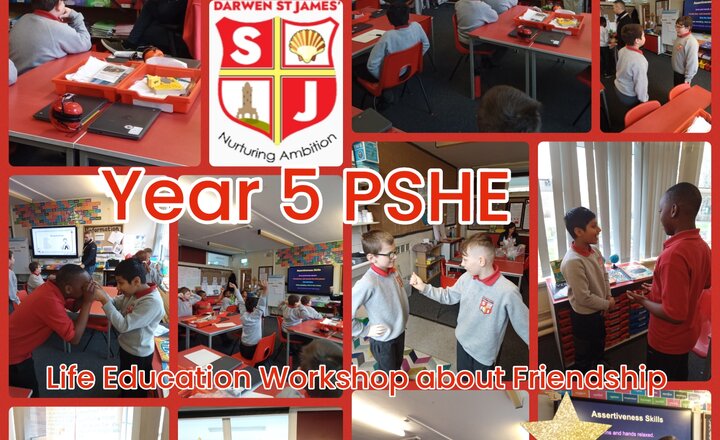
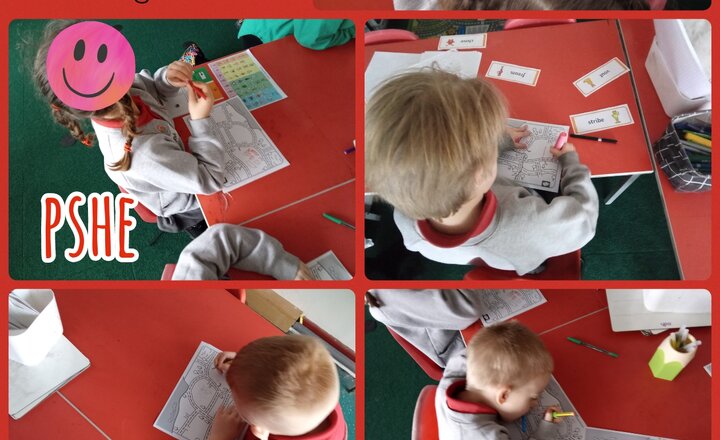
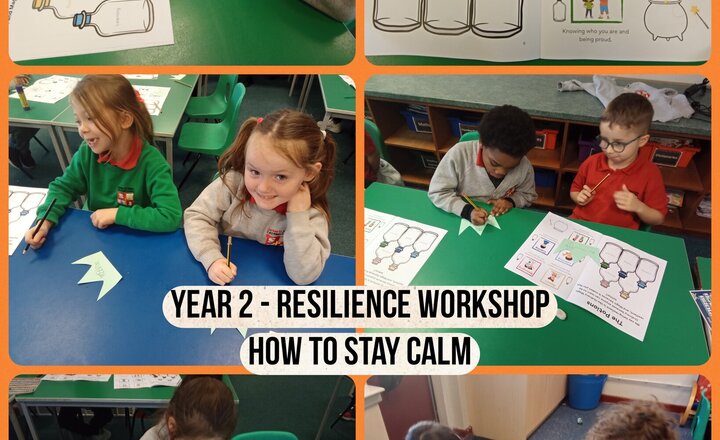
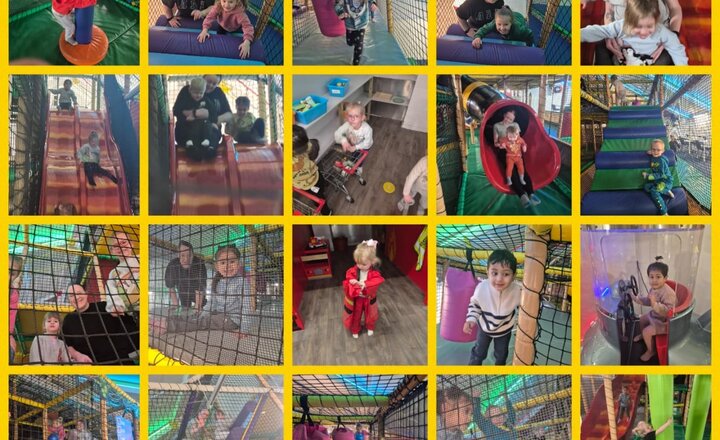
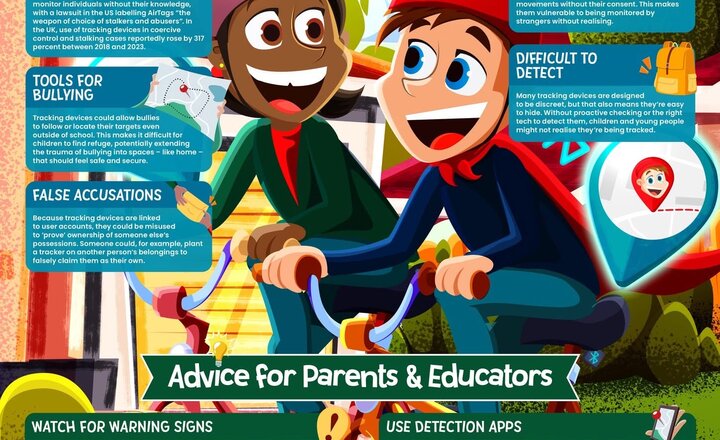
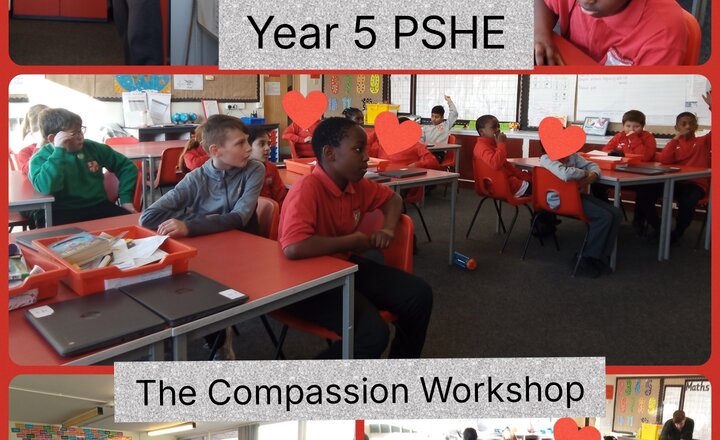
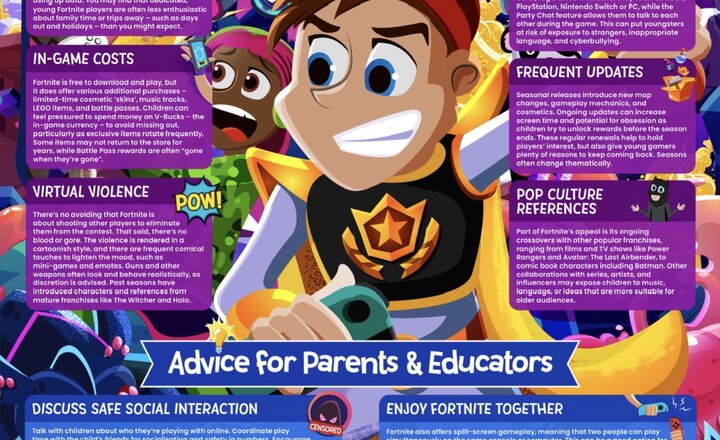
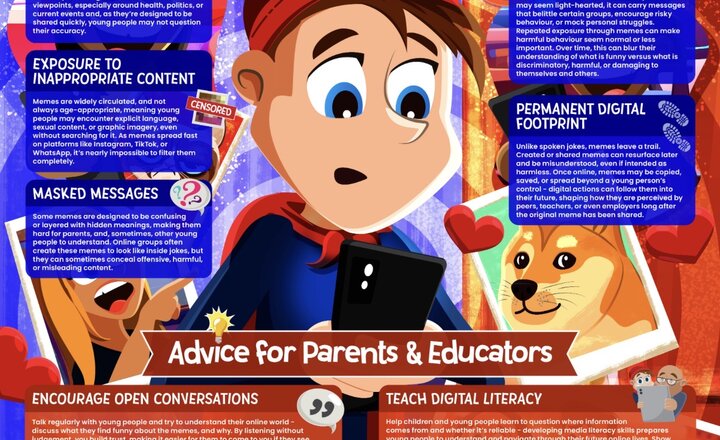
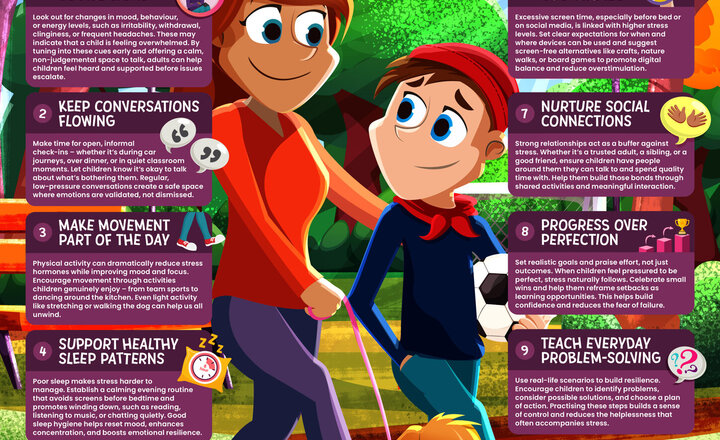
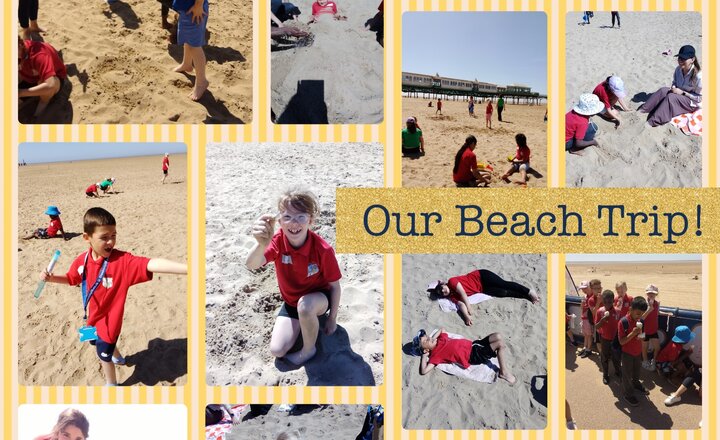
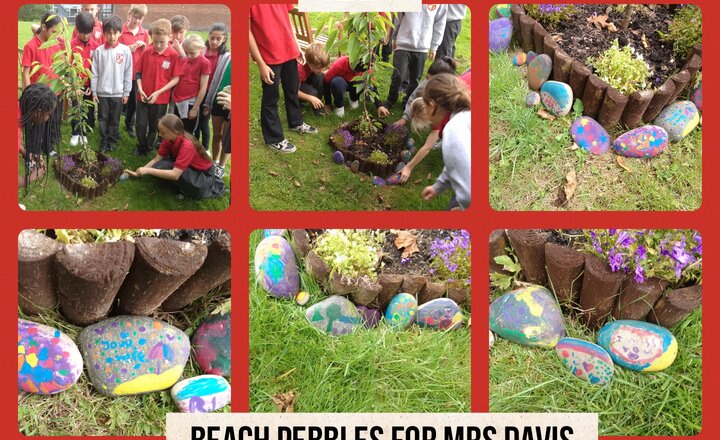
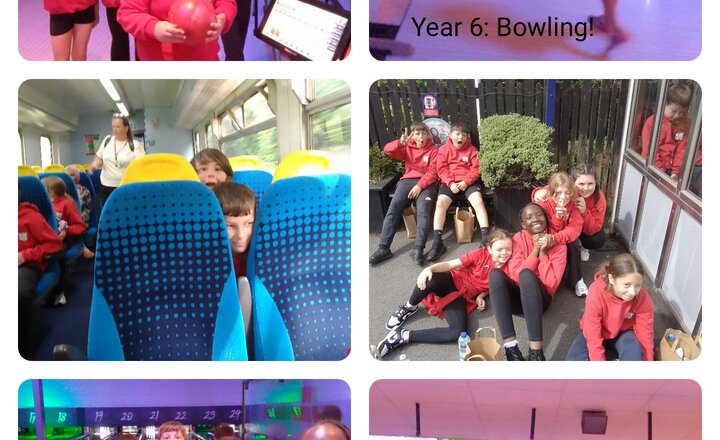
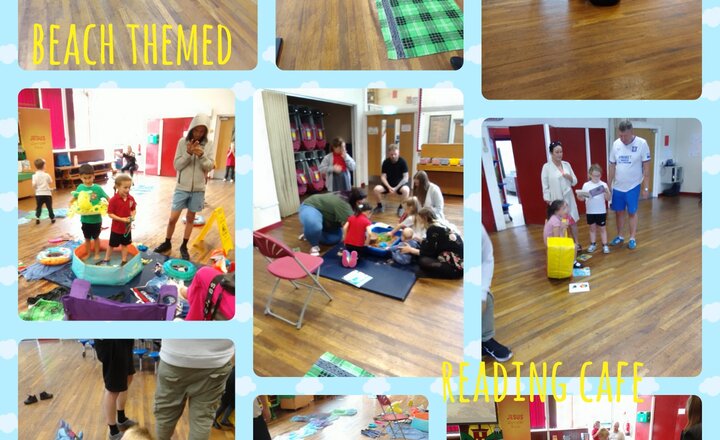
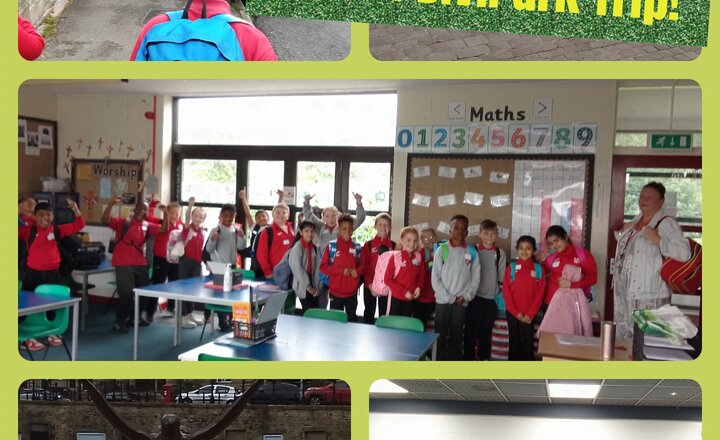
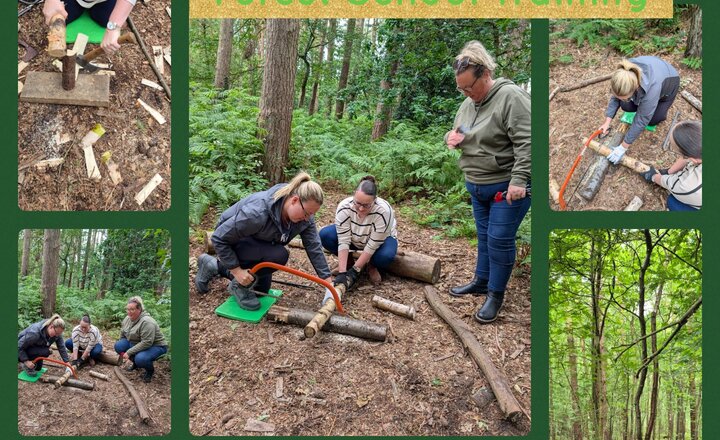
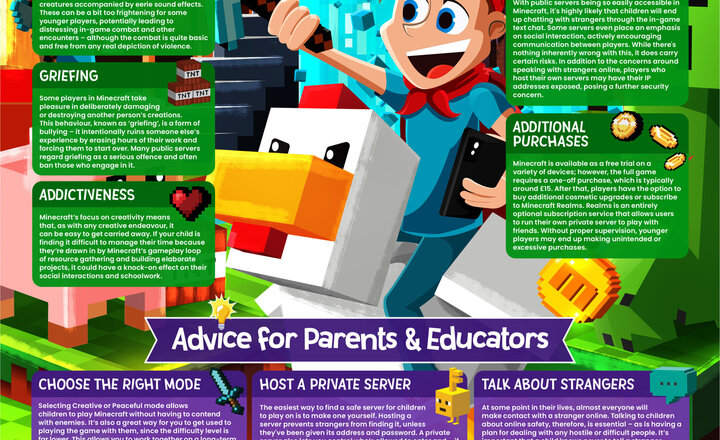
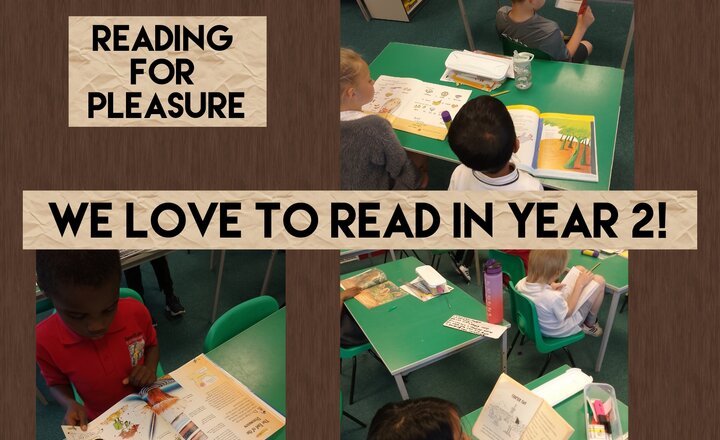
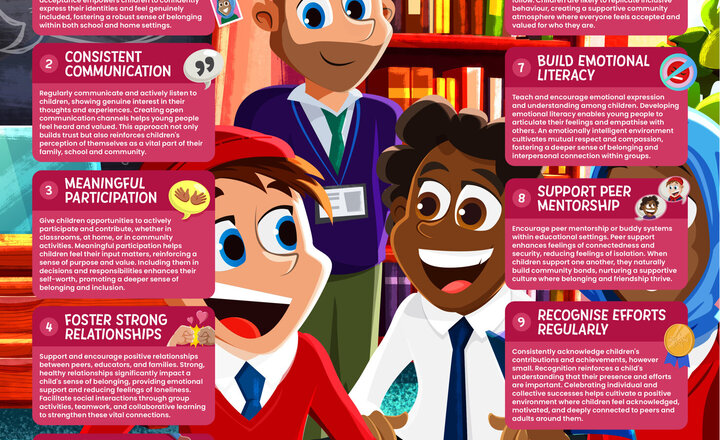
.jpg)
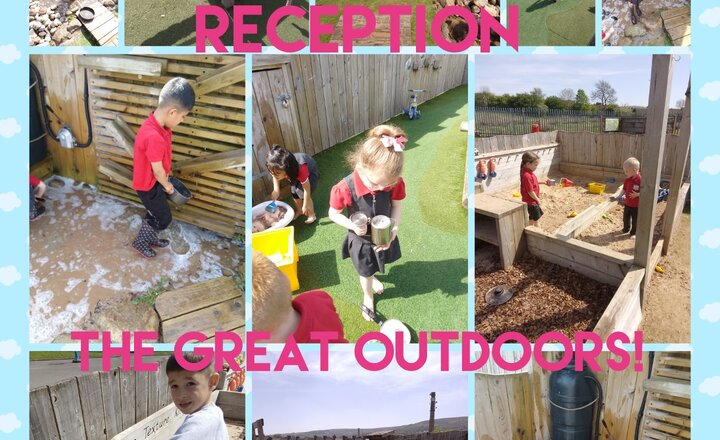
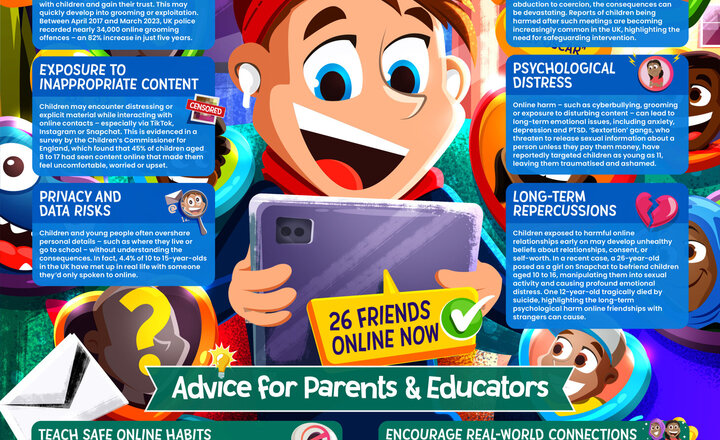
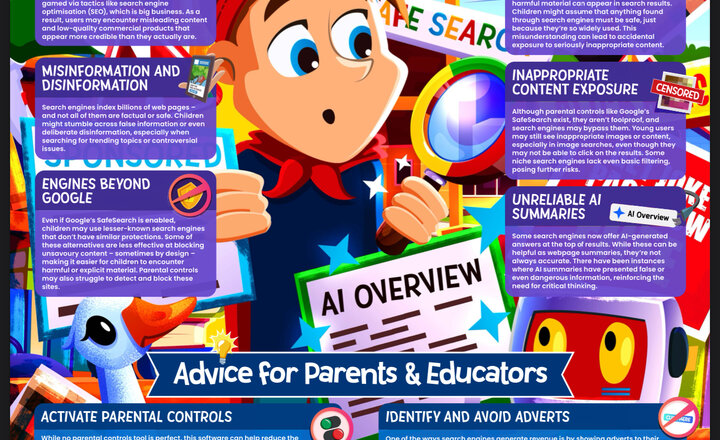
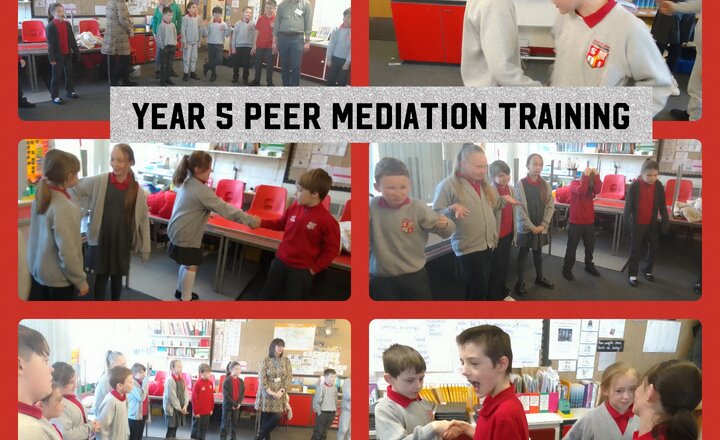
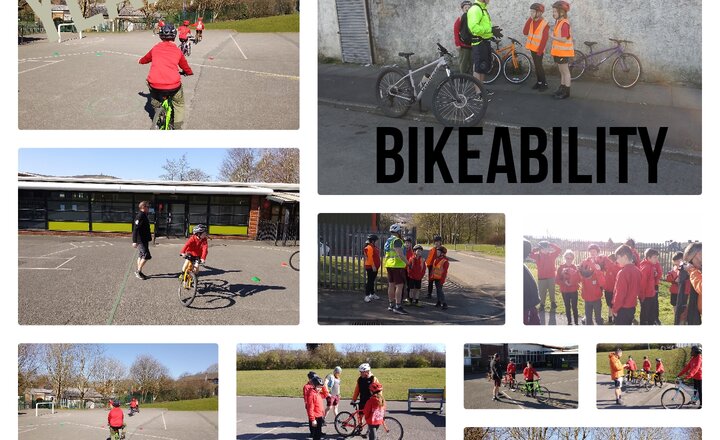
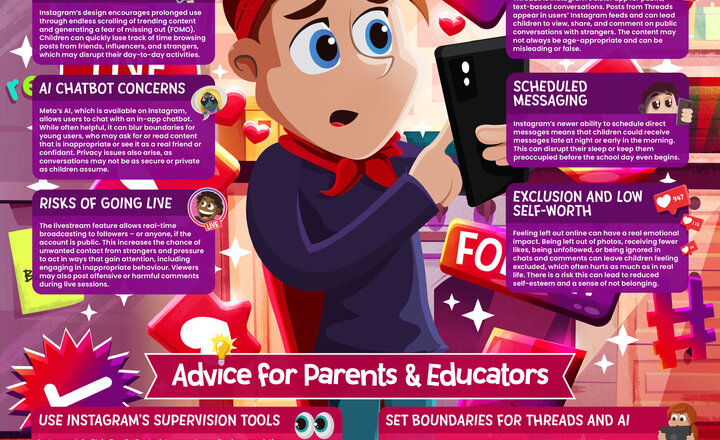
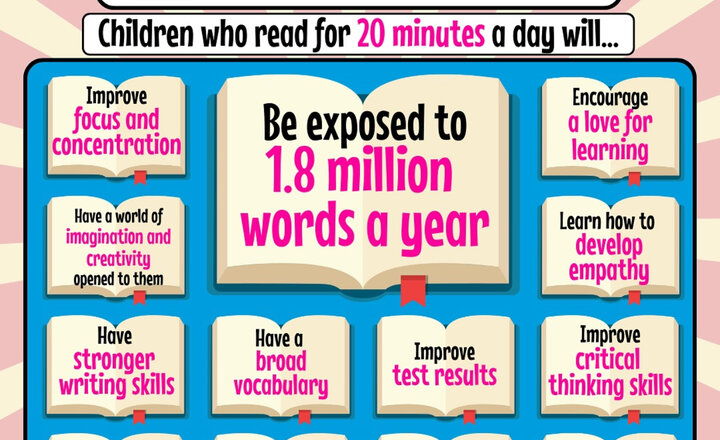
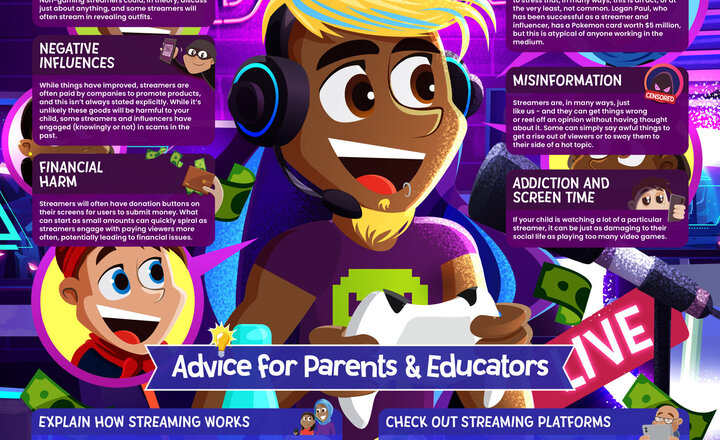
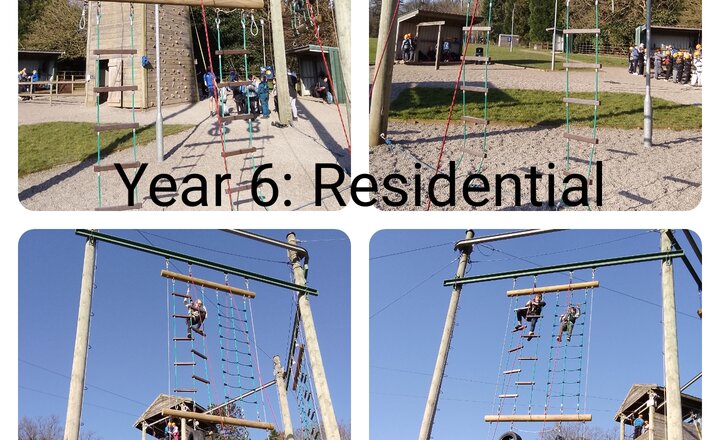
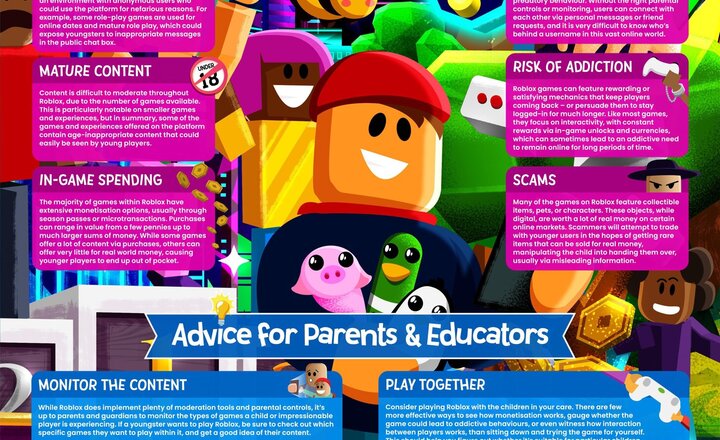
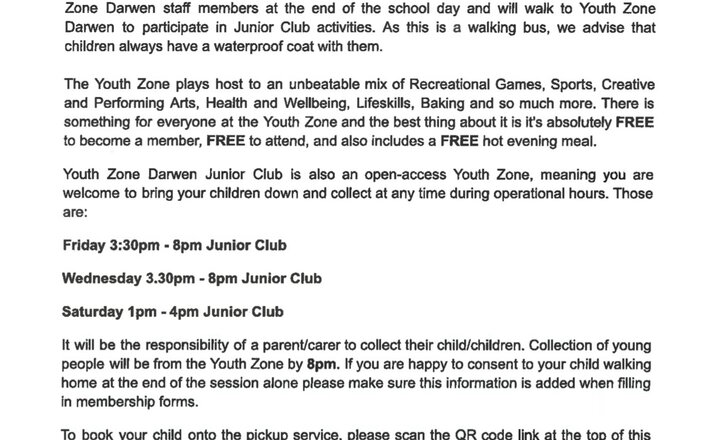
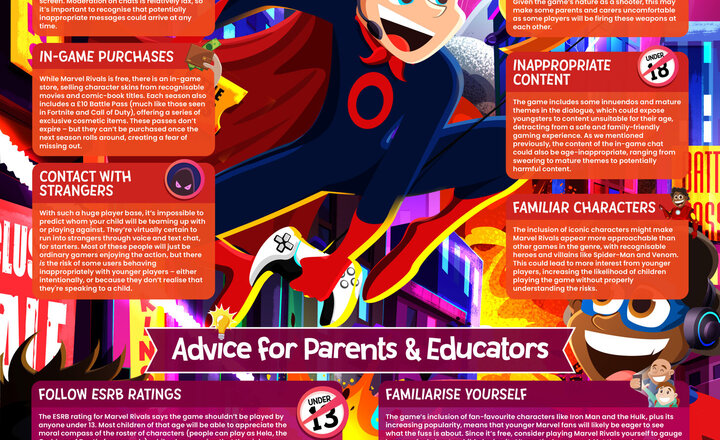
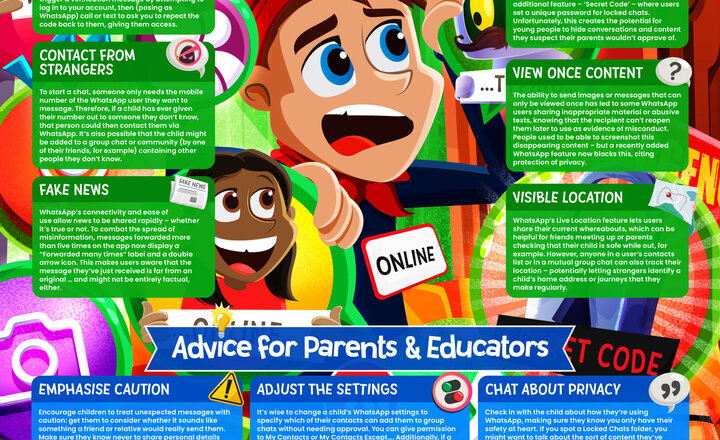
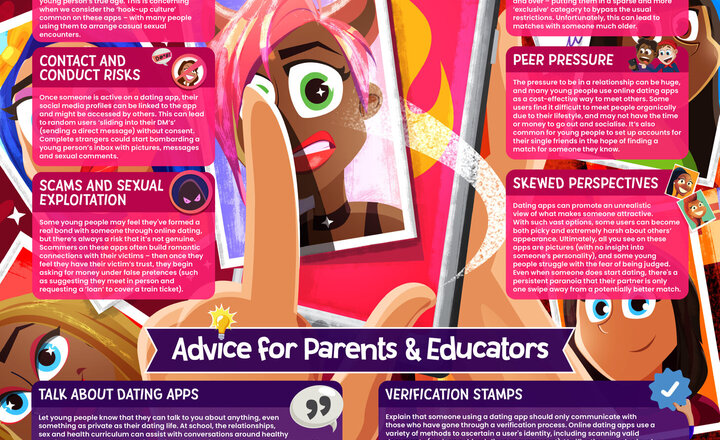
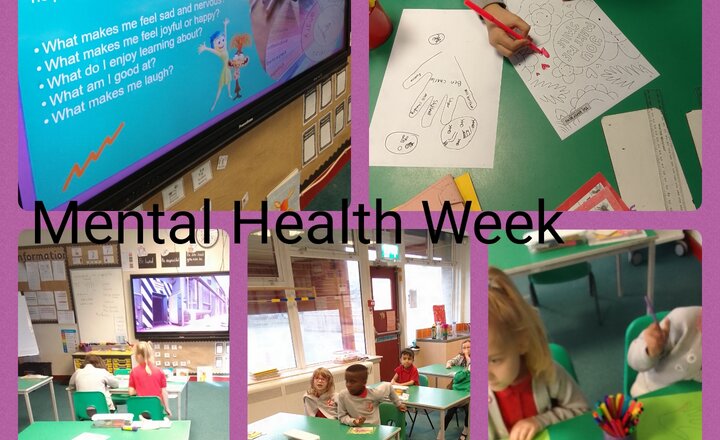
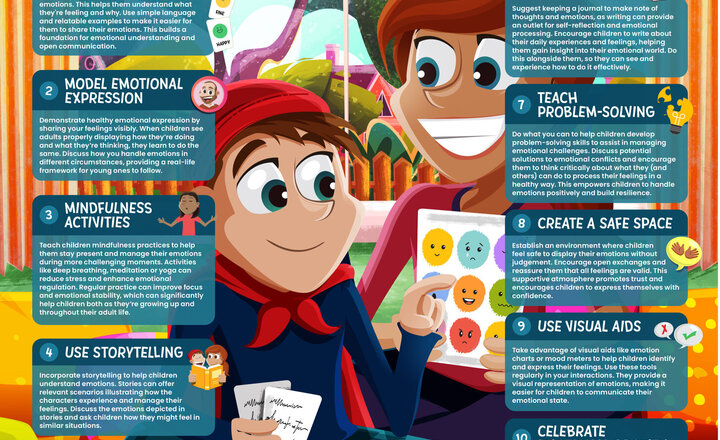
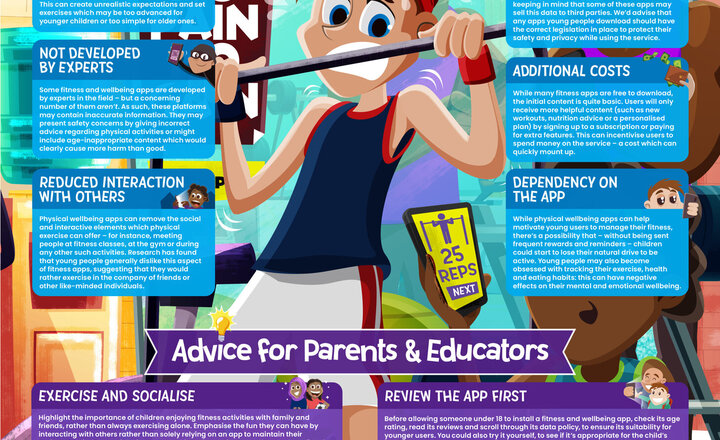

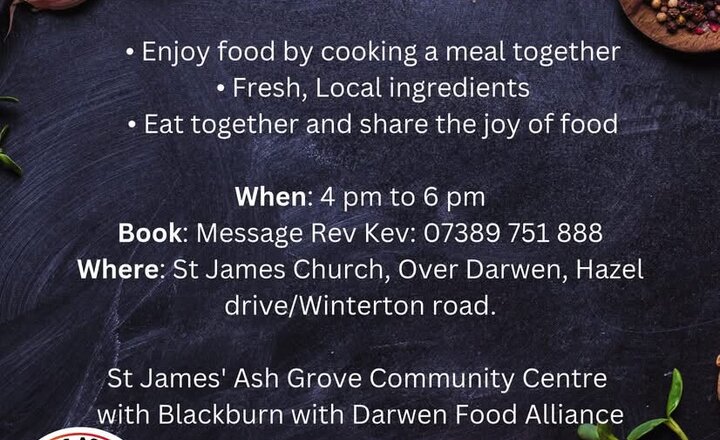
.jpeg)
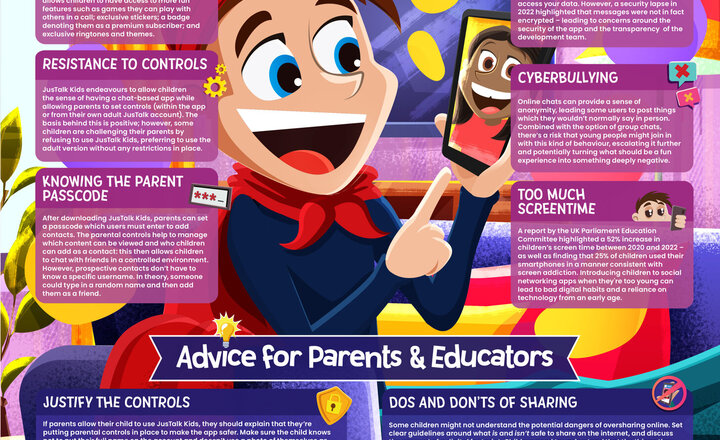
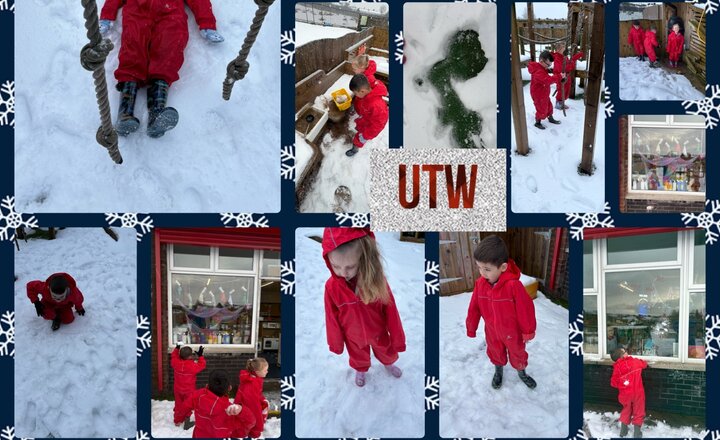
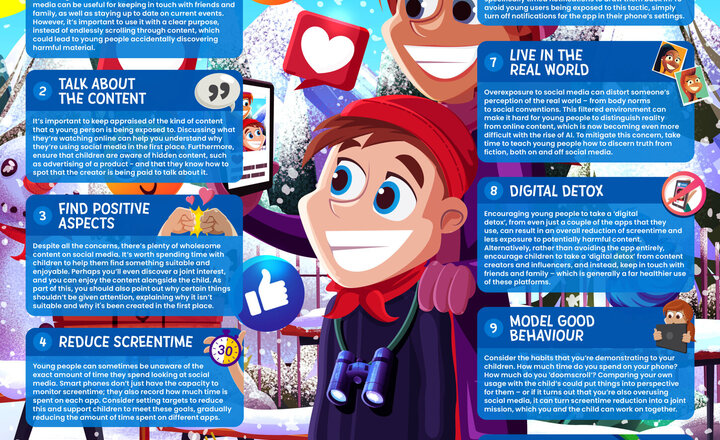
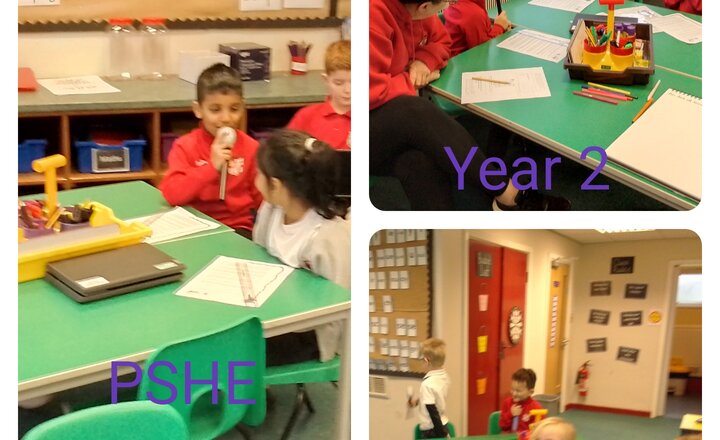
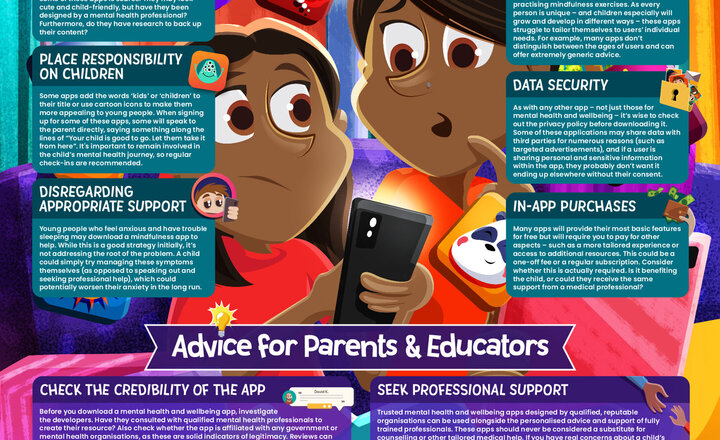
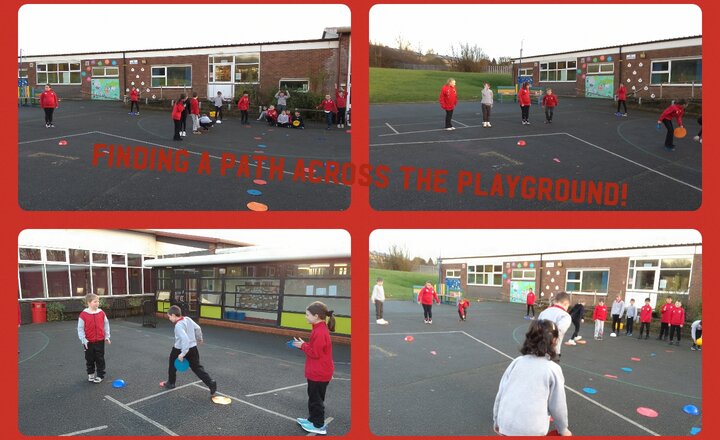
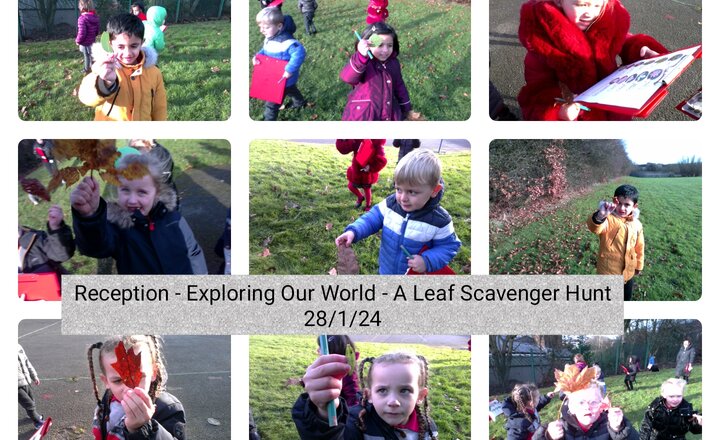

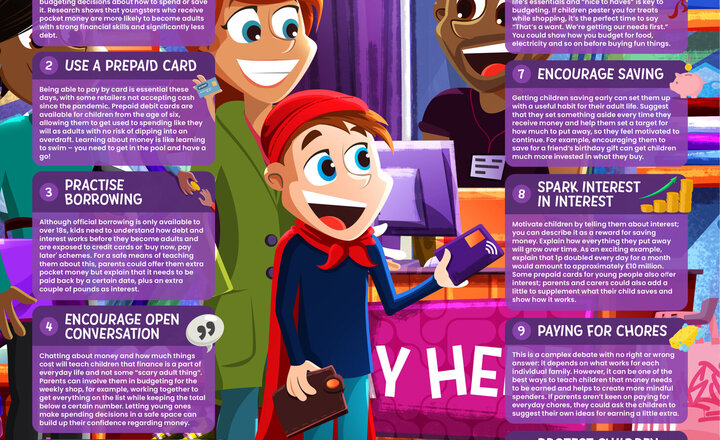
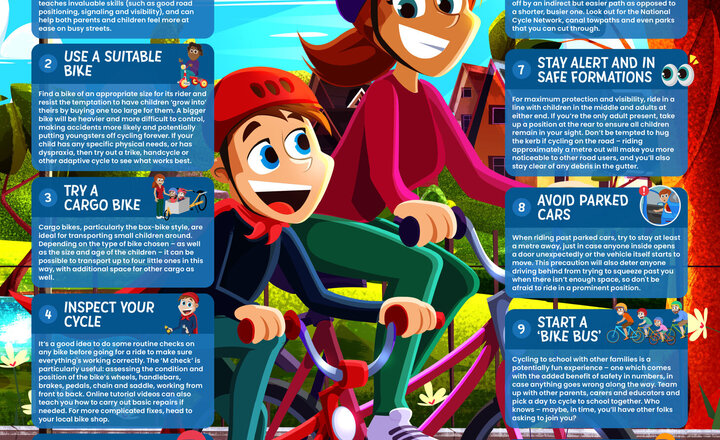
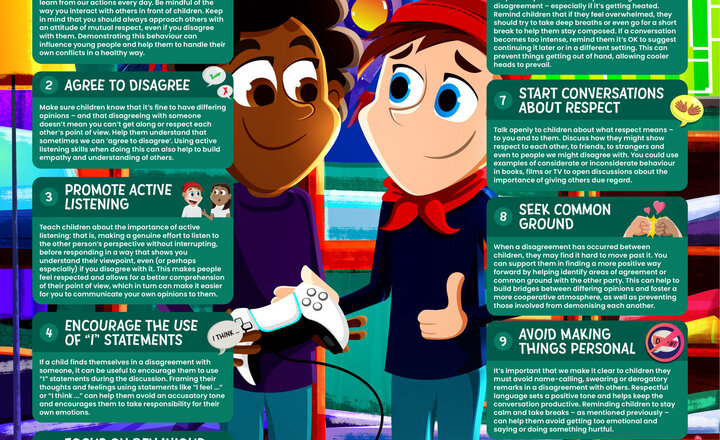
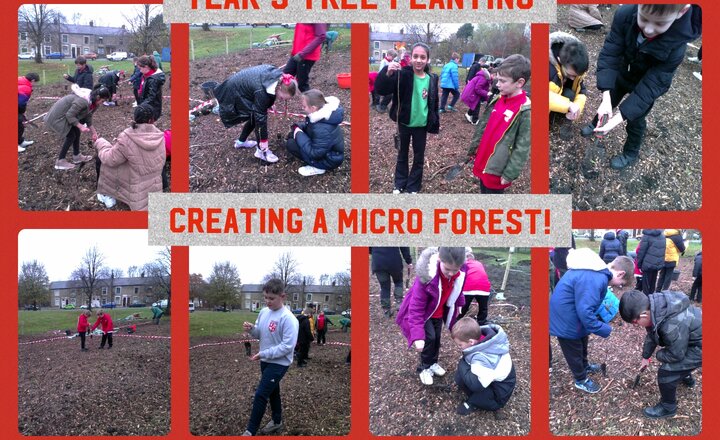
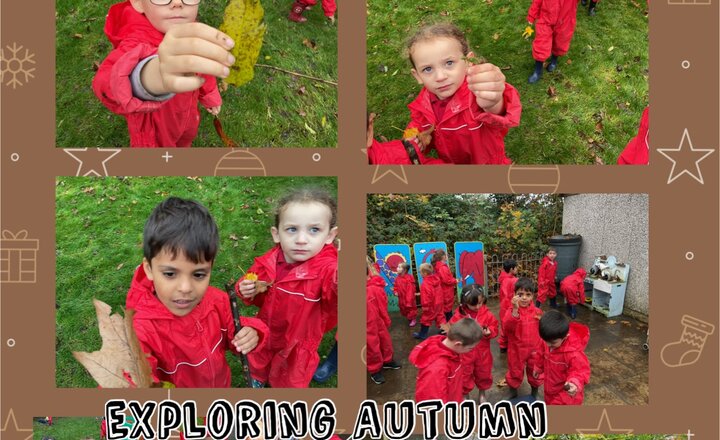
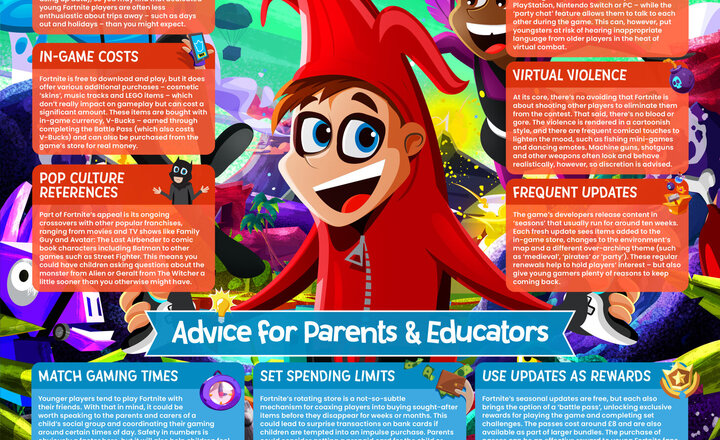
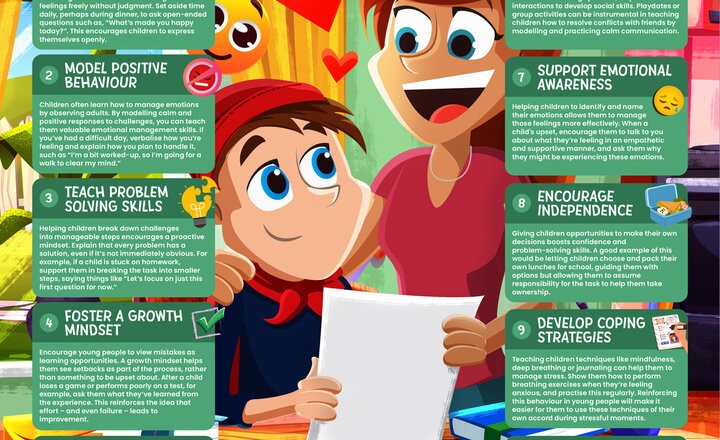
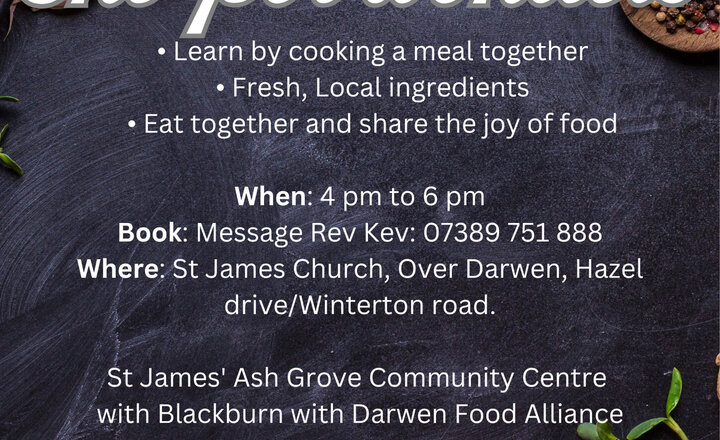
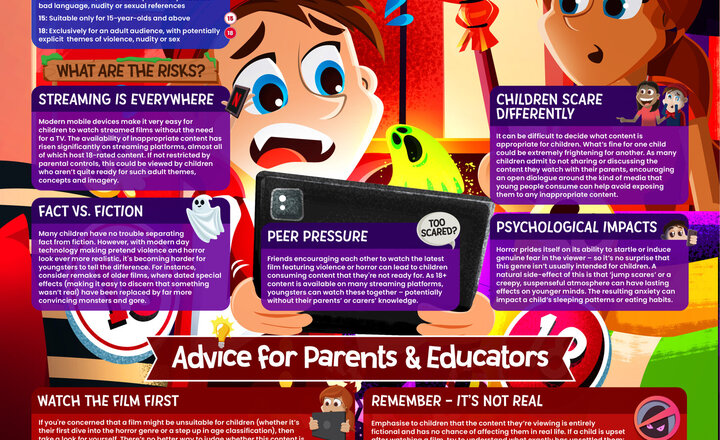
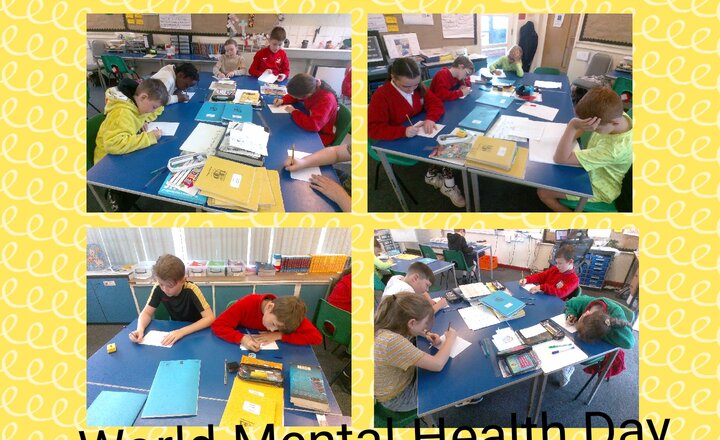
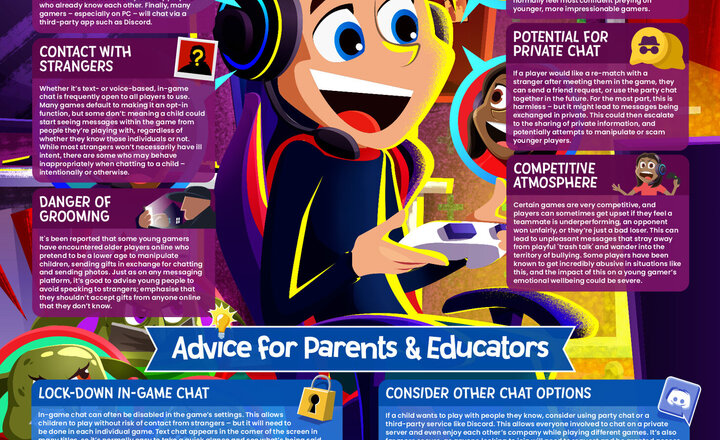


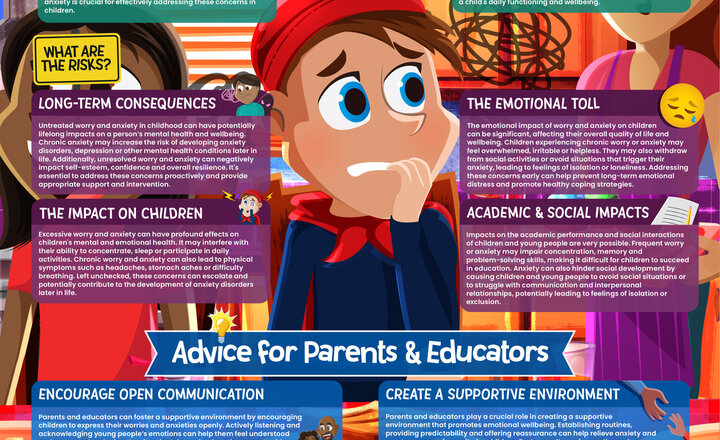
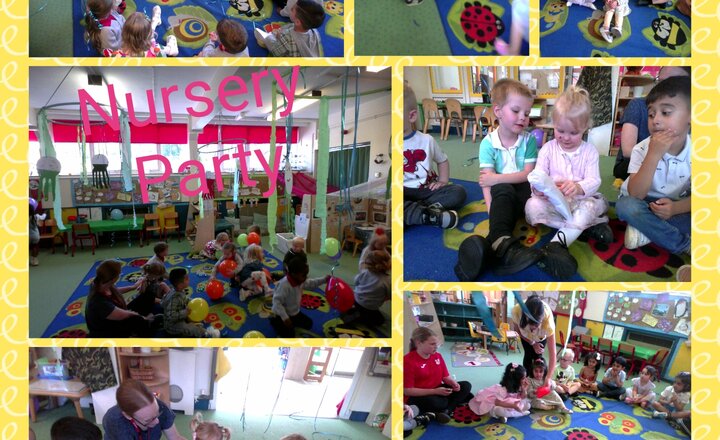
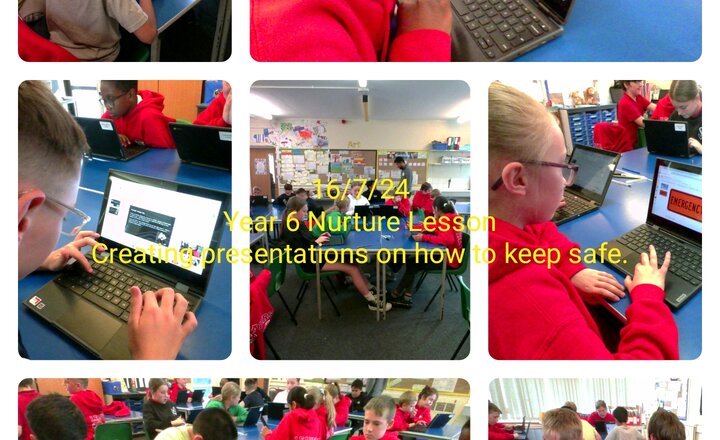
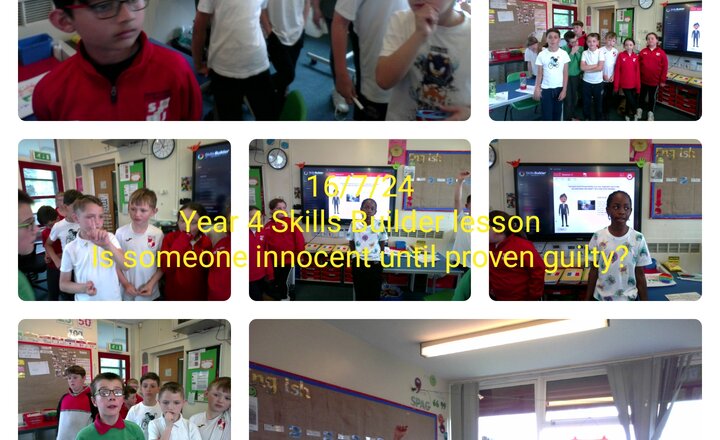
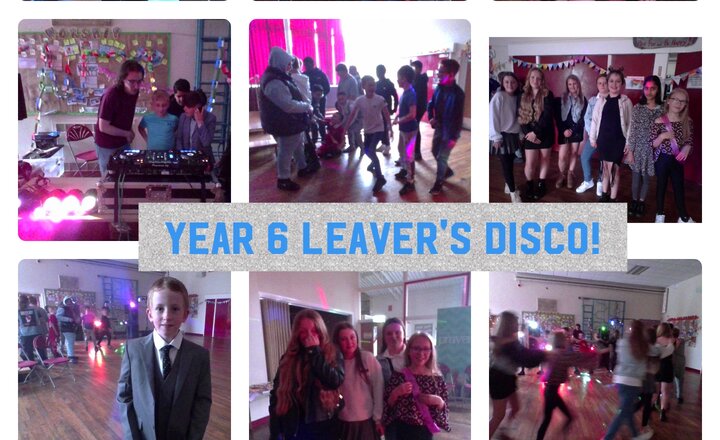
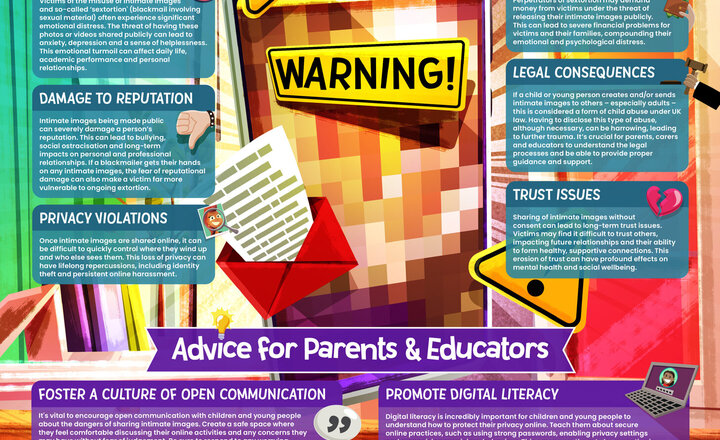

.jpg)
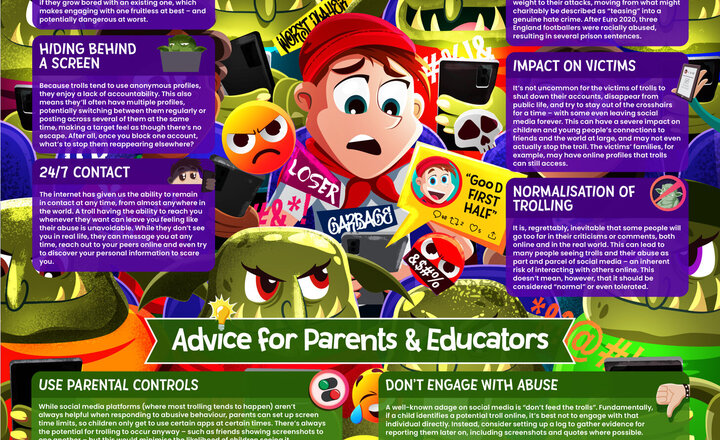

.jpg)
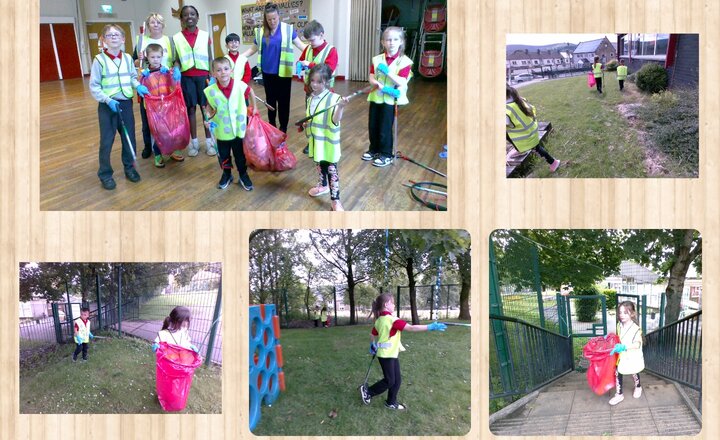
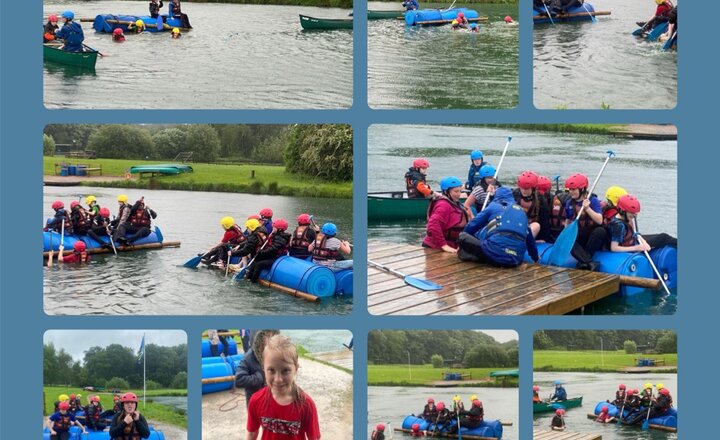
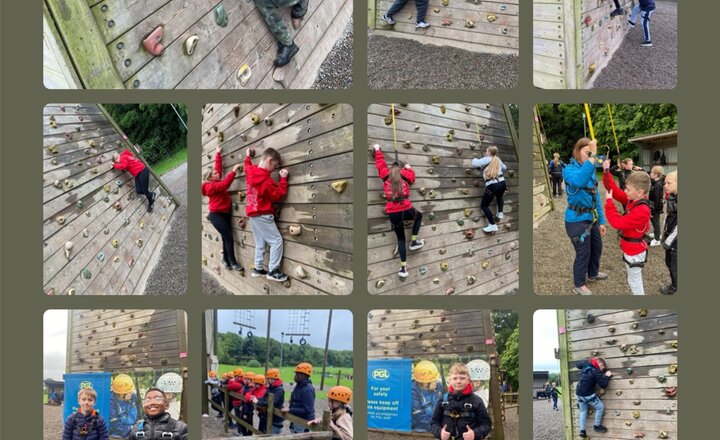
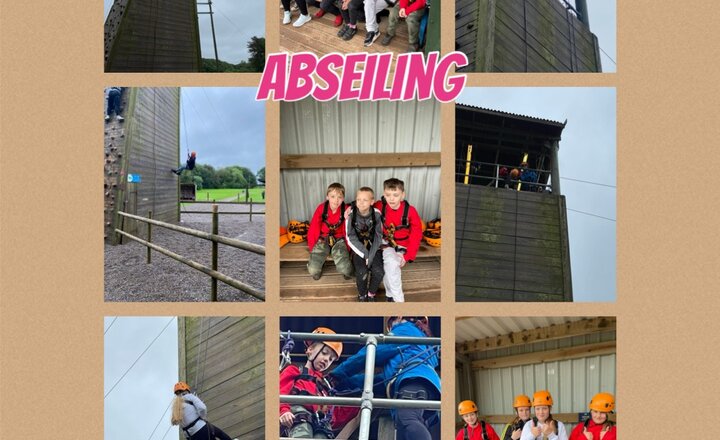
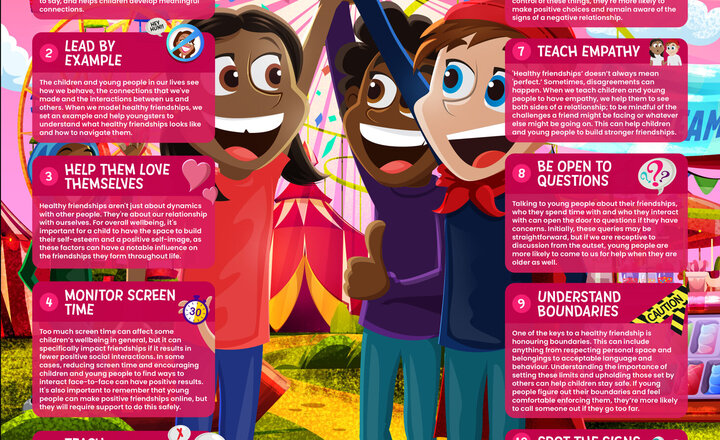
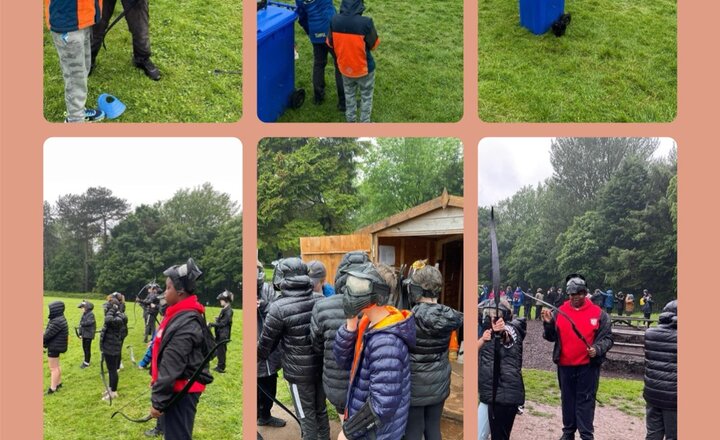
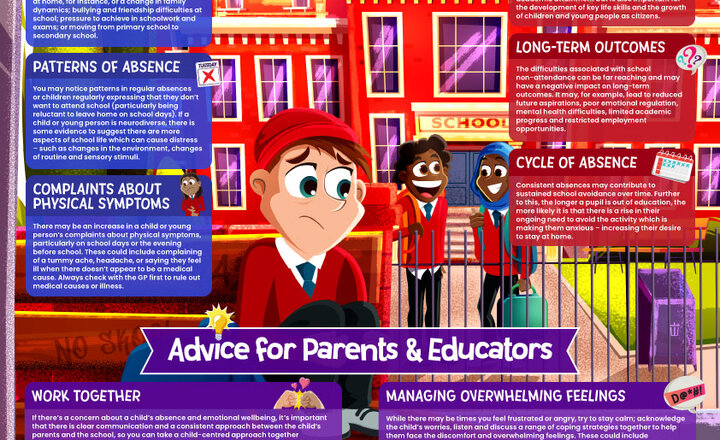
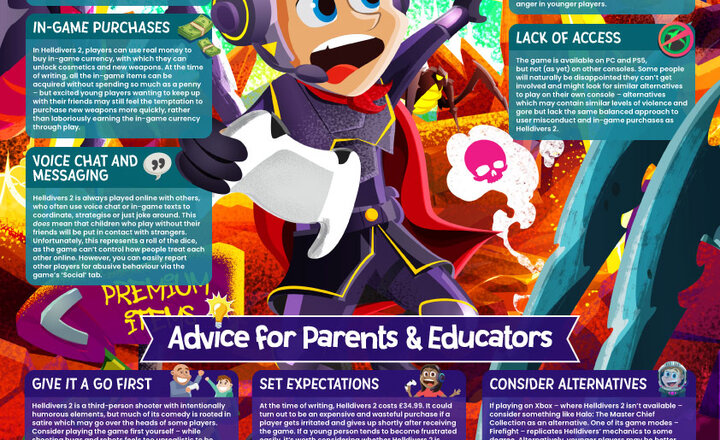
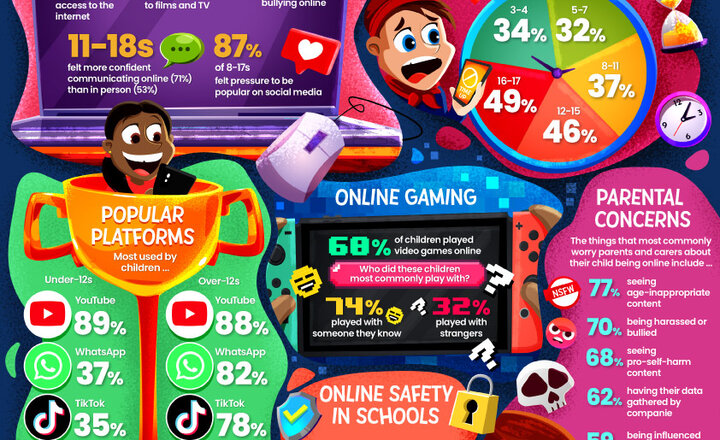
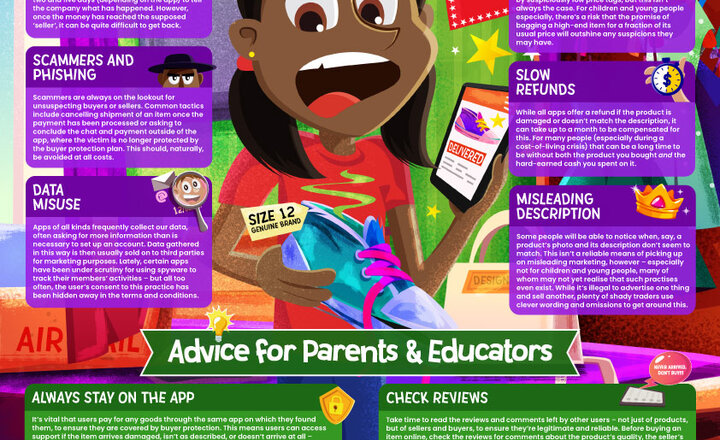

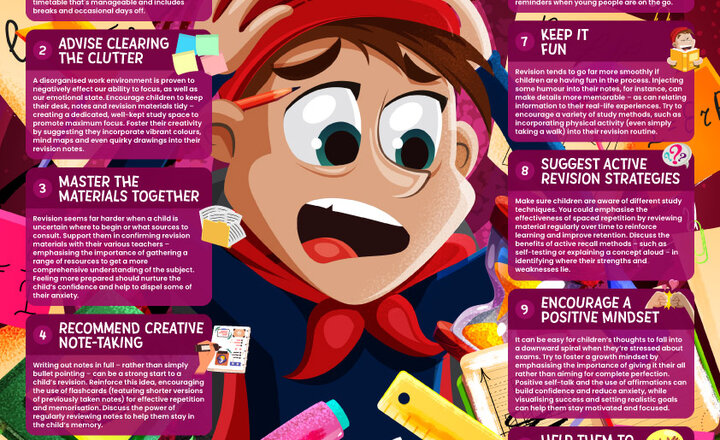
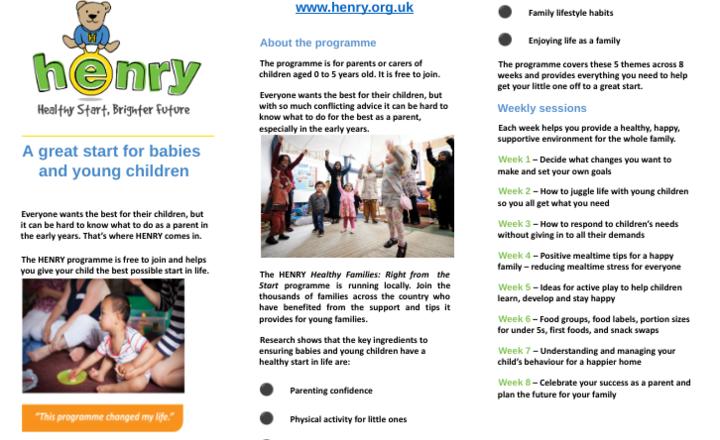
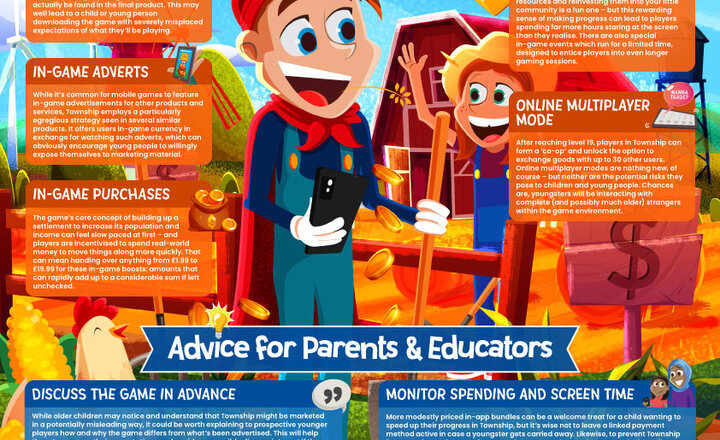
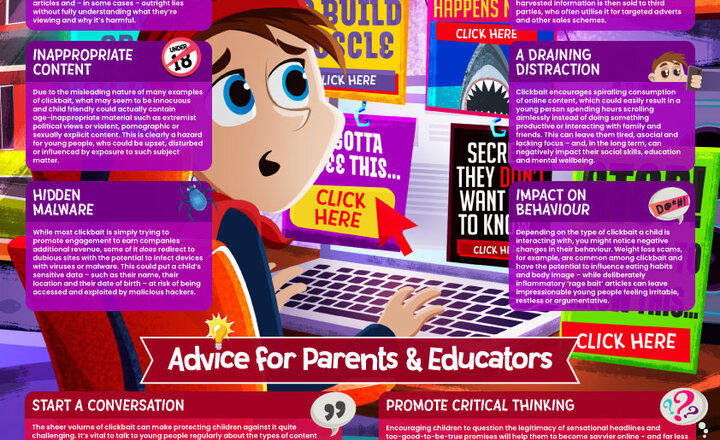
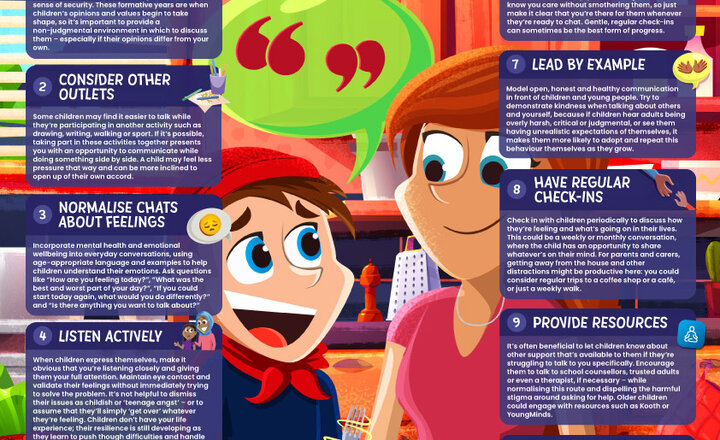
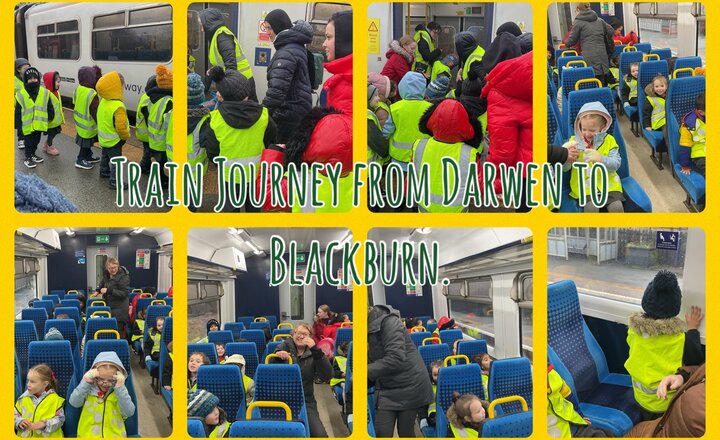
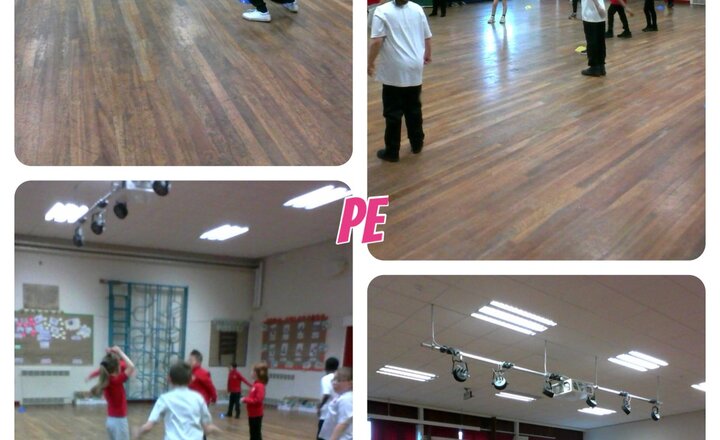

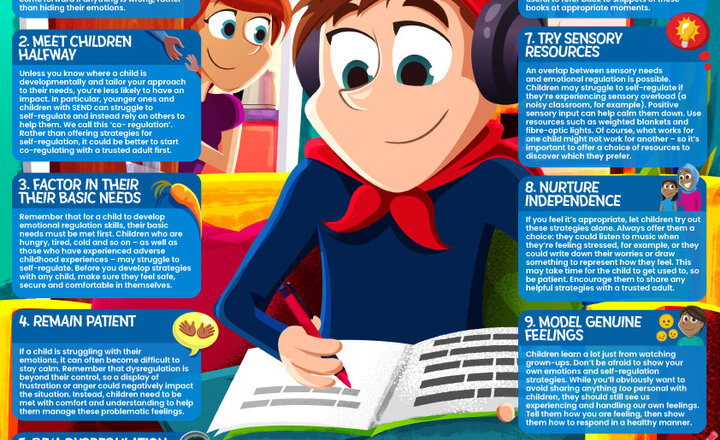

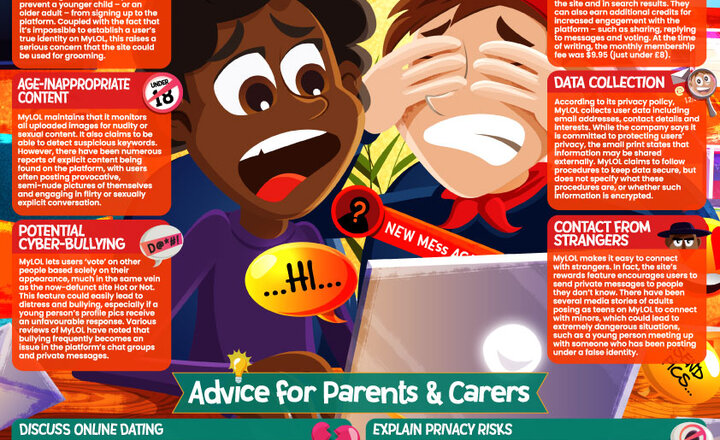
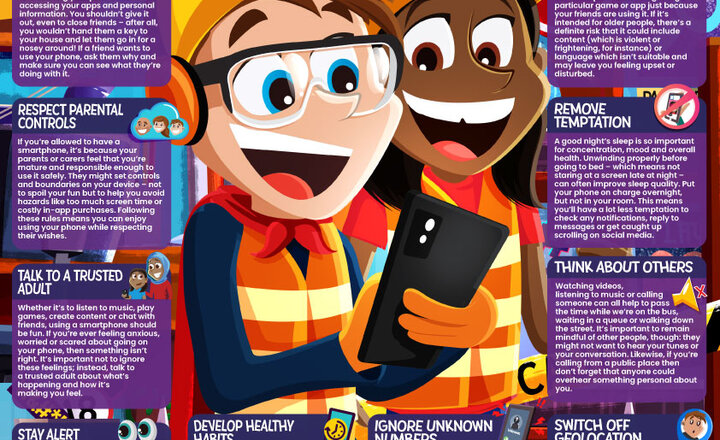
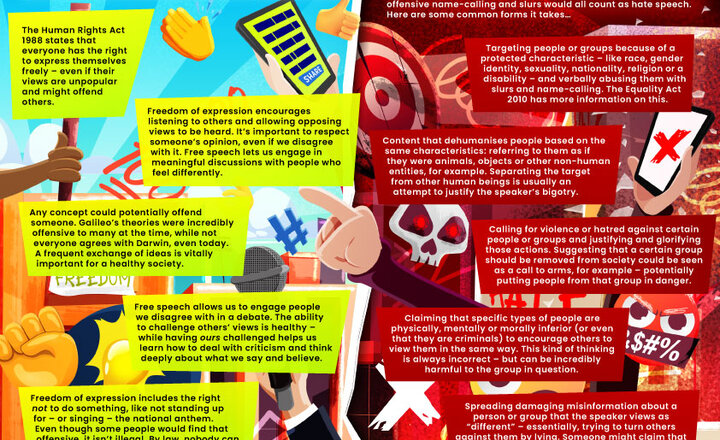
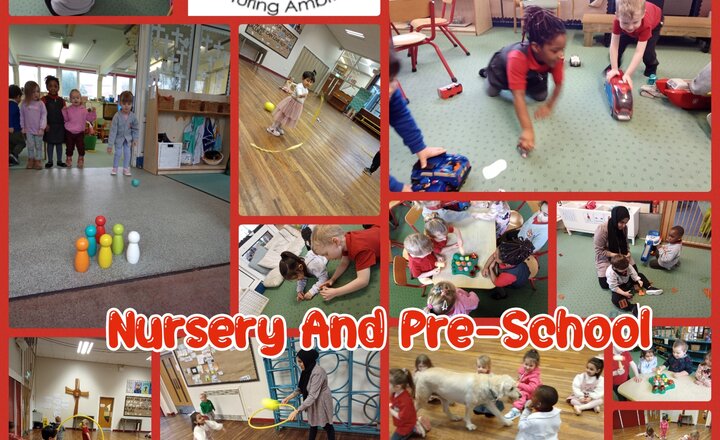
.png)

